Decreased skin elasticity
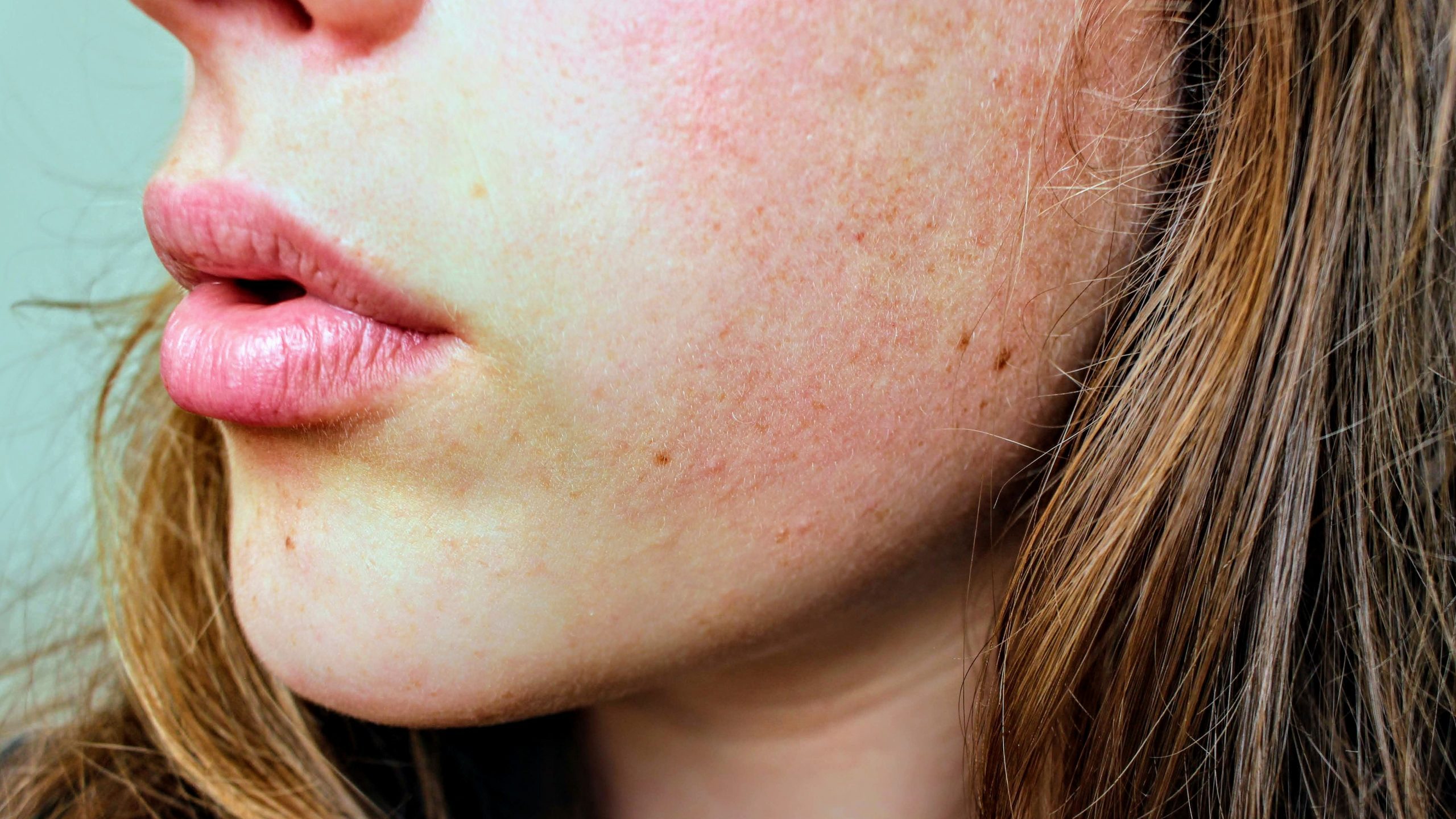
When you’re a child and teen, your skin is generally plump and elastic. As one gets older, this elasticity starts to disappear. This will be continuous throughout adulthood. Your skin will likely be at its most elastic when you are a young child, and this will steadily decrease over time, even when you are just in your late teen years.
Fine lines on the skin

Over time, you use your face muscles more and more. This leads to lines appearing on your face which can become visible as early as your early twenties. These lines truly are just due to increased use over the years, and are simply a sign that you are no longer growing up.
Worse hangovers
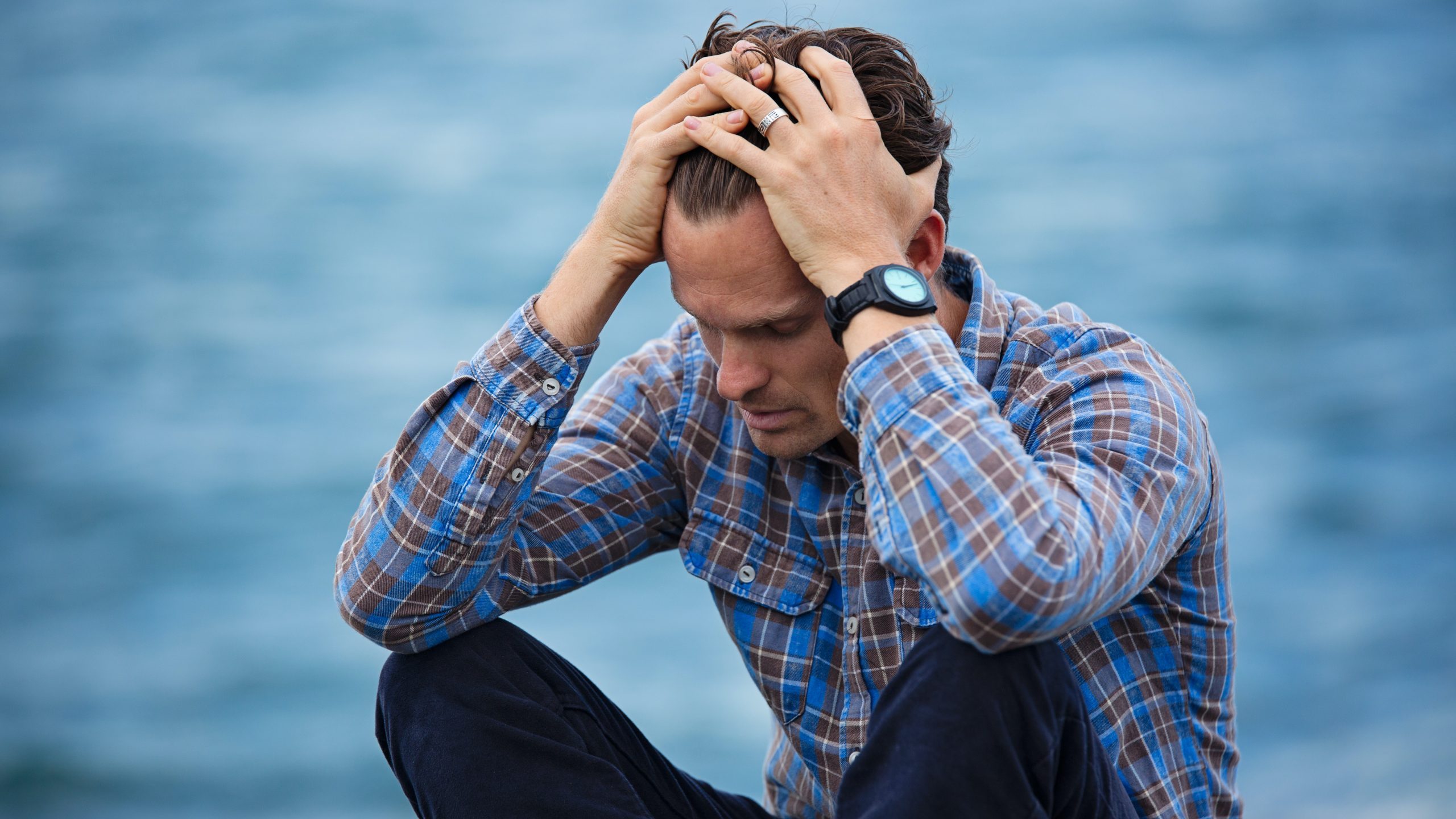
If you have drunk alcohol in your life, then your hangovers probably weren’t too bad at first. As you age, hangovers get worse. They last longer and their effects wreak more havoc on your body. This is because your total body water content and liver enzymes both decrease as you age, with both these things being ways for your body to metabolise alcohol. Hangovers tend to worsen as early as your 20s but if not, there will be a noticeable difference by the time you hit your 30s.
Difficulty keeping weight off

Some people say there are multiple puberties. The first we all know about, but your 30s and 50s also show intense changes to the way your body works. Your 30s place you solidly in adulthood and your metabolism tends to change around this time, making it a lot easier for you to gain weight and harder to keep it off.
Thin, gaunt hands
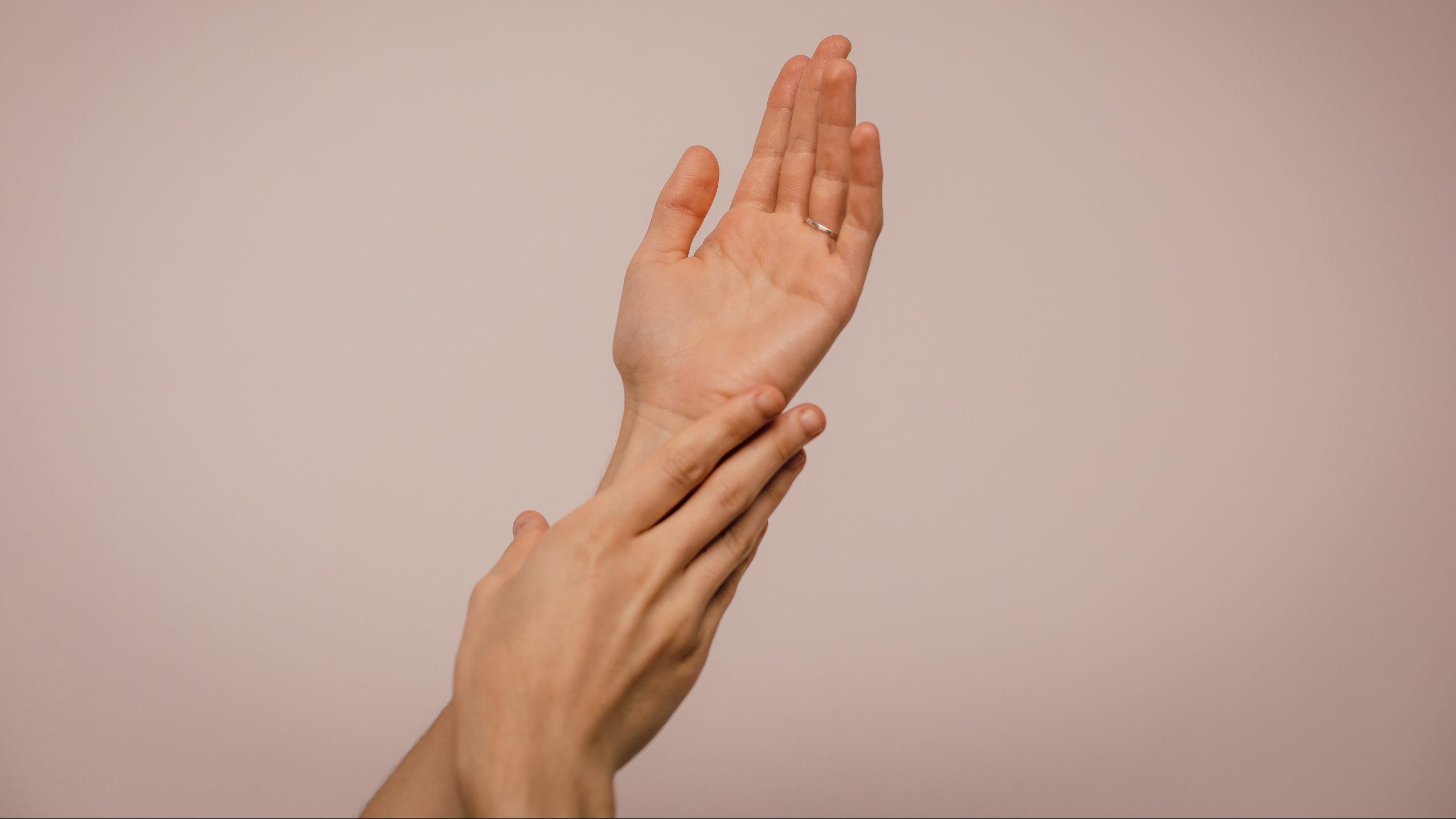
Your hands tend to age faster than the rest of your body. This is because they are in more direct sunlight, are less likely to receive skincare, and are often dried out due to hand soap. The skin on your hands may thin out and the flesh may lose the structure it had in your youth. This can occur as early as your late 30s.
Graying hair

Hair begins to go gray when we age. Our hair follicles produce pigment cells, which is where our color comes from in the first place. As we age, these cells begin to die. This can actually happen at any number of ages from 17 to 70, depending on your genetics. It is most common for people to get noticeable numbers of gray hairs in their 30s.
Loss of lean body mass
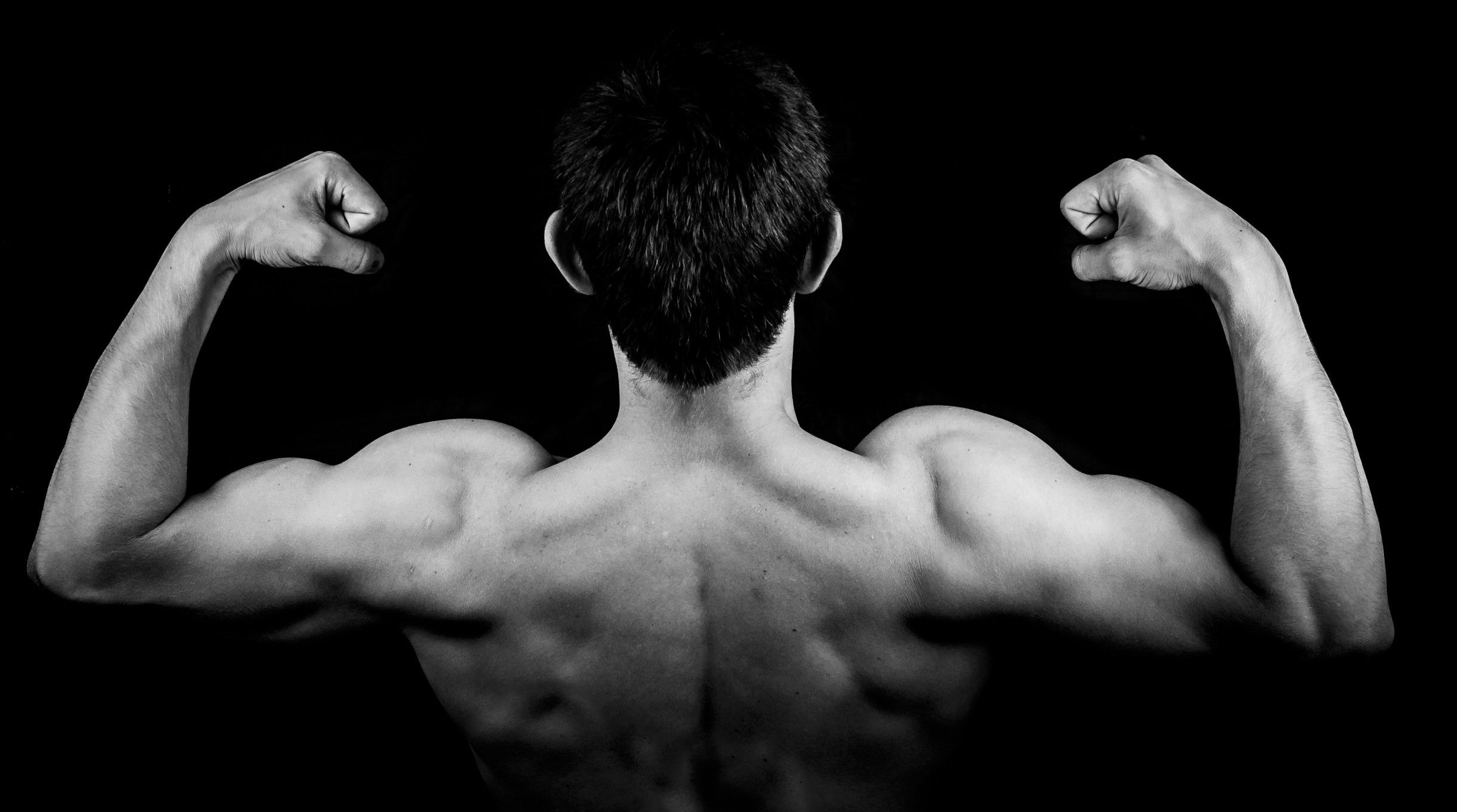
Lean body mass refers to the mass made up by muscle. Muscle mass will often begin to die off or become more difficult to maintain later in life. The age for this varies depending on biology, though it varies from person to person. Men typically experience this as early as their late 20s whereas women are more likely to experience this in their 40s.
Drier skin
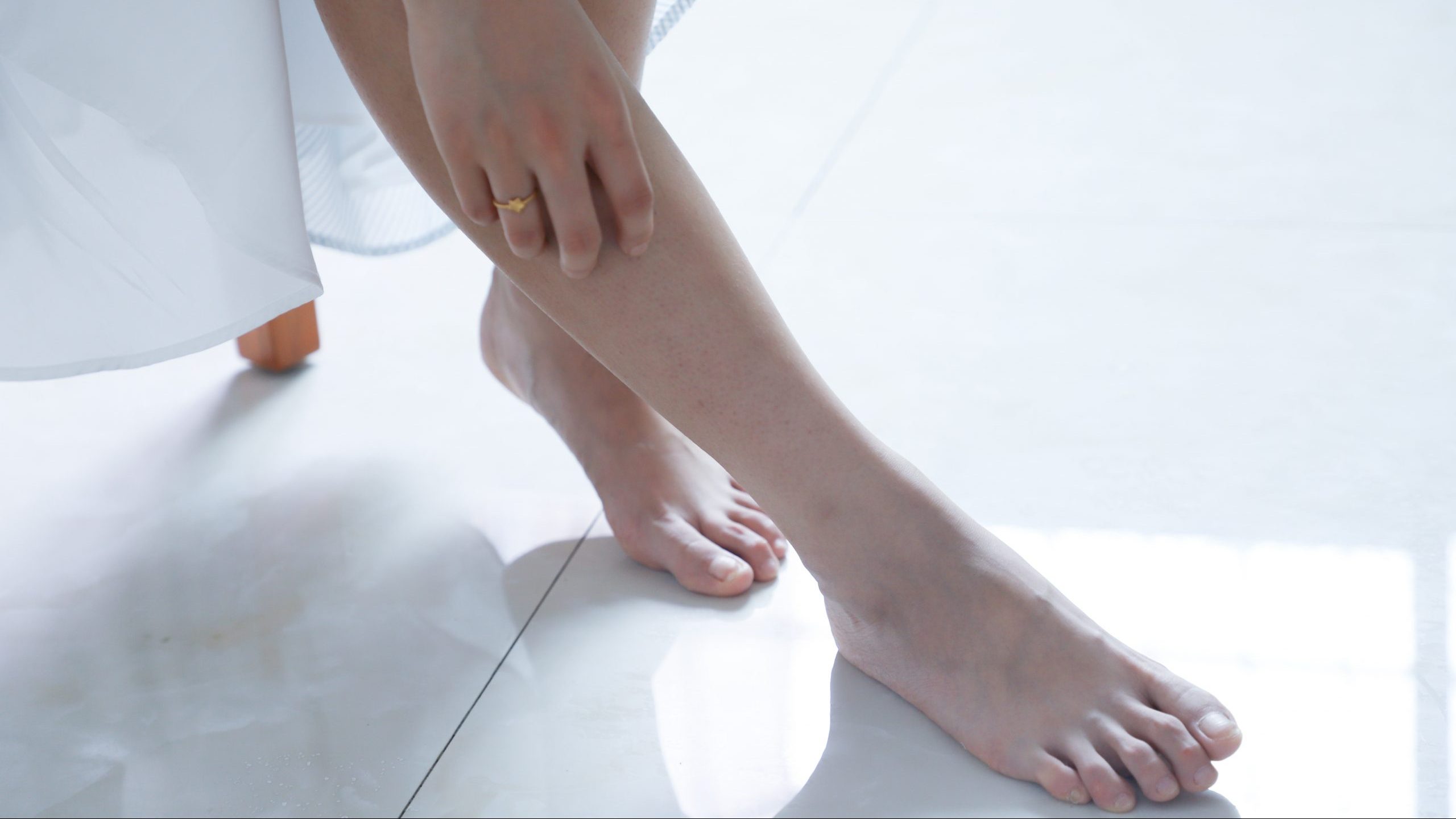
Over time our skin tends to become drier. As our skin thins due to lessened elasticity, it is much easier for it to dry out and become flaky or itchy. As one gets closer to their 40s, you may begin to notice this change in your own skin. This change can be less noticeable if you have a strict full body moisturising regiment.
More trouble multitasking

Our brains are never actually predisposed to multitasking, but this ability gets significantly worse over time. This is because multitasking is actually splitting our attention and focusing first on one thing, then the other and switching between them. Our ability to refocus our attention weakens as we age due to certain kinds of short-term memory getting weaker. This generally starts occurring in our 40s.
Joint pains
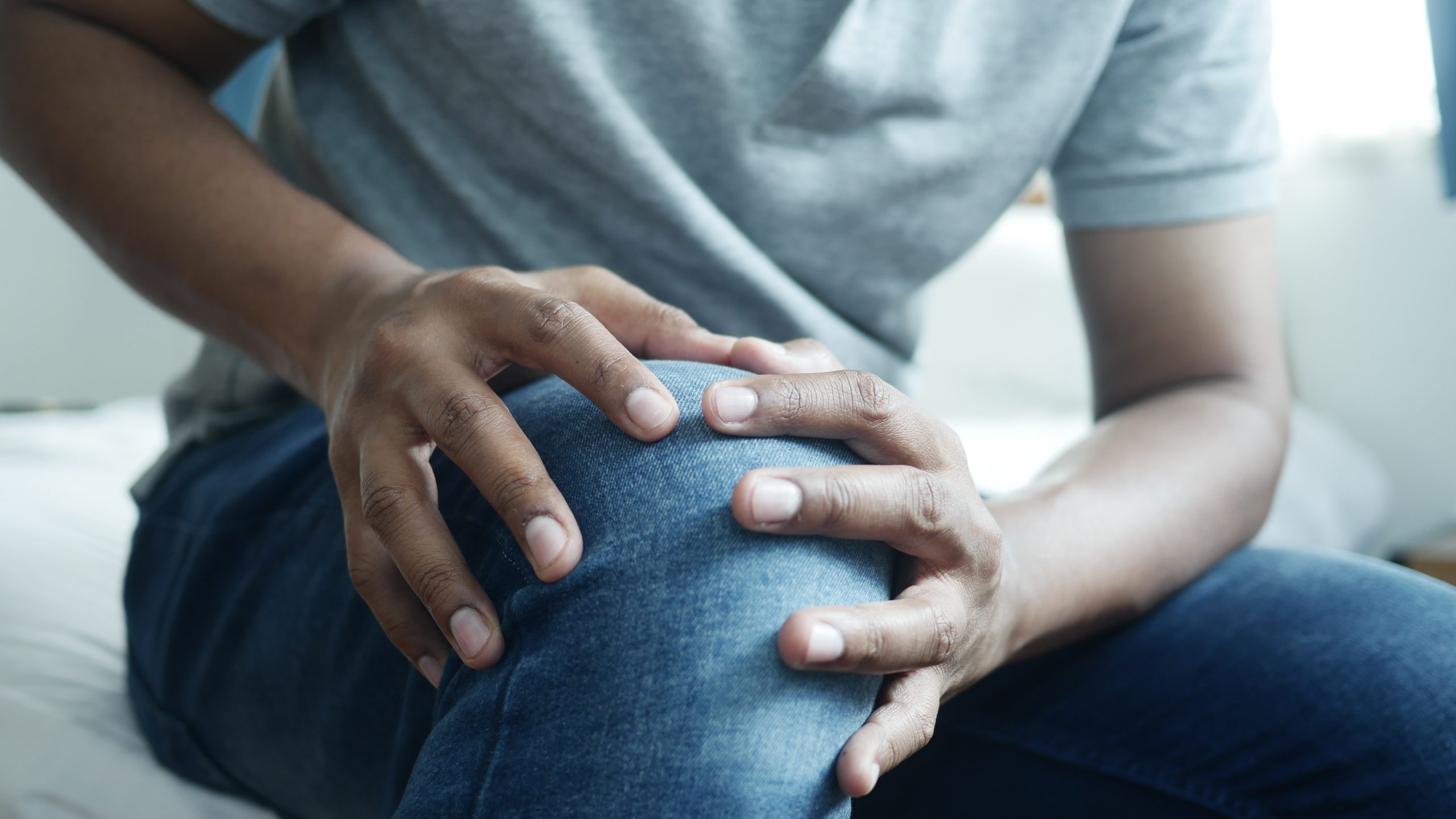
People can experience joint pains at many ages. After all, there can be concrete reasons for this pain such as injuries. However, as you age joint pain may become more common as the fluid in joints decreases in its amount. This causes the cartilage in your joints to rub against each other which can be intensely painful. For some, this is the result of disability leading to chronic pain, but outside of this, people may expect increased joint pain from their 40s.
Back pain

As we get older, our bones and joints become less strong and healthy than they once were. Lower back pain is incredibly common in older adults. Most people will start to experience back pain when bending down in their 40s, though it can occur in your 30s or 50s depending on your health. It is important to treat your back with care as you age.
Taking fewer risks
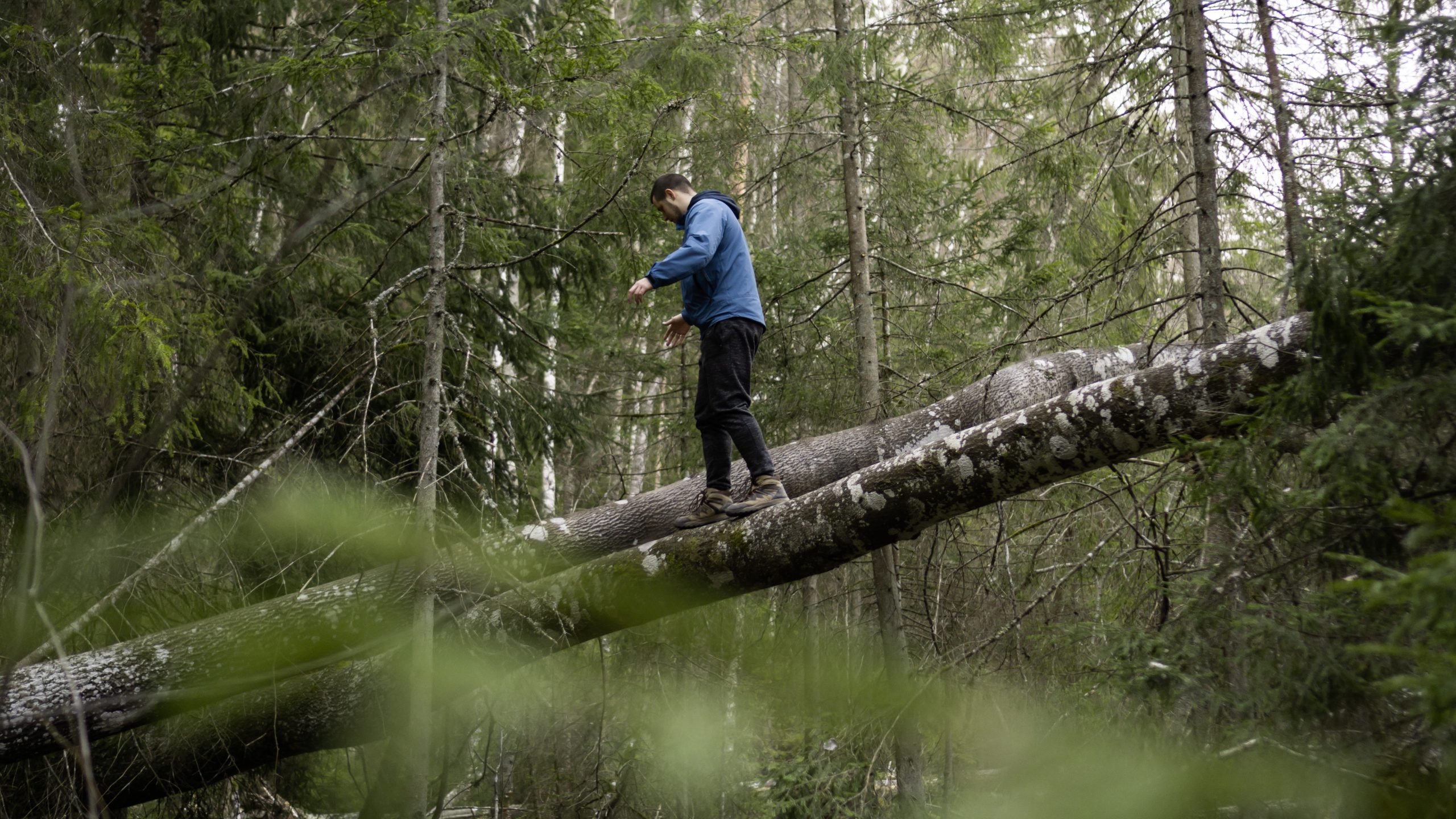
As you age, you are likely to become more risk averse. This is in part due to lower levels of fluctuation in hormones, but is also due to the fact that we produce less dopamine as we age. Dopamine is what prods us to take many of our risks in life. Our lack of dopamine as we age is why we seek a more secure and stable life in adulthood. You may notice this by your 40s or even earlier.
Hair loss
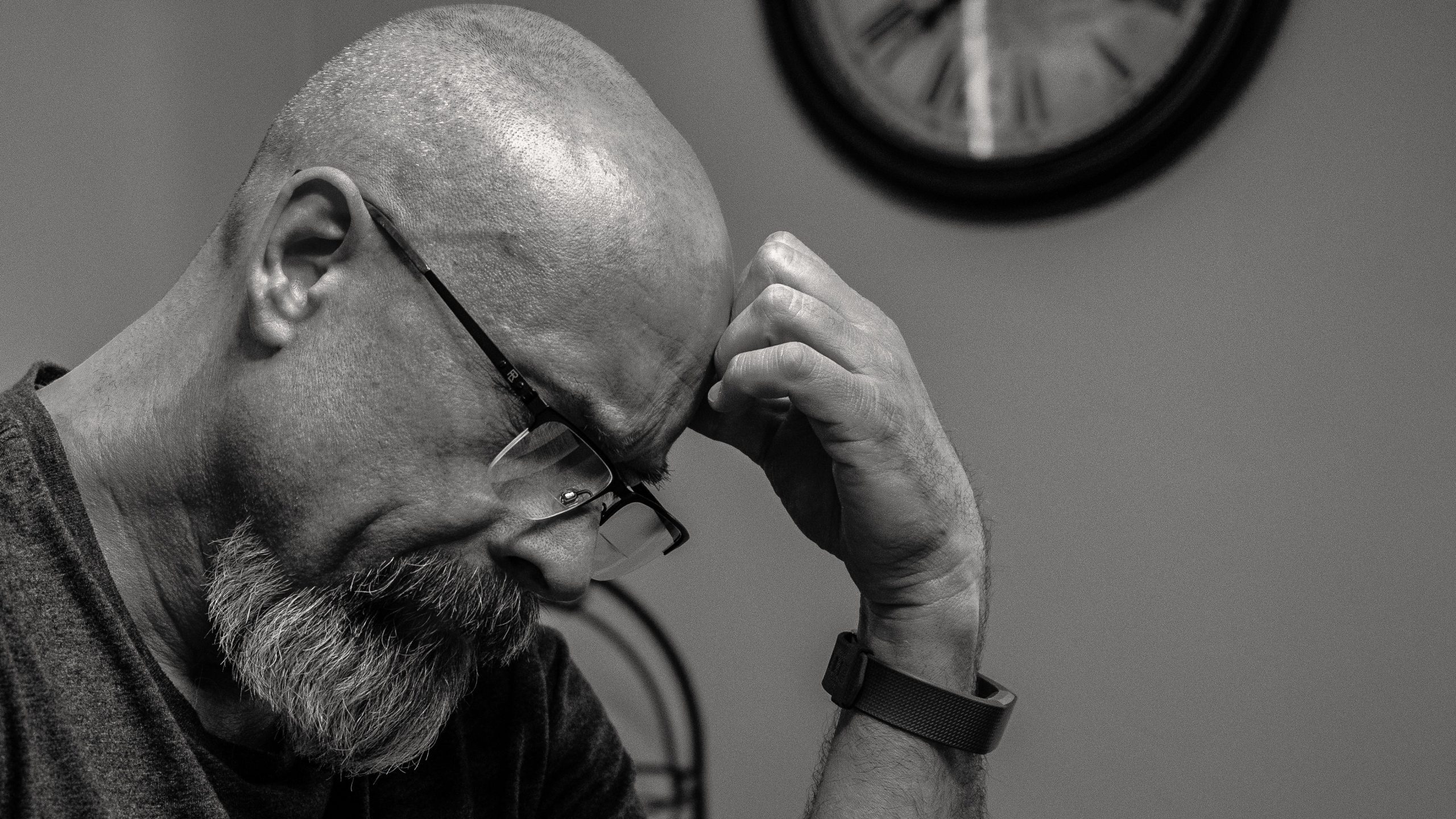
Hair loss can begin for men at any stage of adulthood, though it only tends to happen for women much later in life. Many men will notice a receding hairline by the time they’re in their 40s, though it may not be a dramatic case. Most people’s hair will be thinning later in their 60s though, men and women both.
Deeper wrinkles

Though fine lines begin to appear on your skin in your 20s, these lines deepen into more prominent wrinkles around your 40s or 50s. These wrinkles continue to grow as you age thereafter, but will become noticeable by the time you’re middle aged. This is a well known sign of ageing, and possibly one of the most obvious.
Slower reaction time
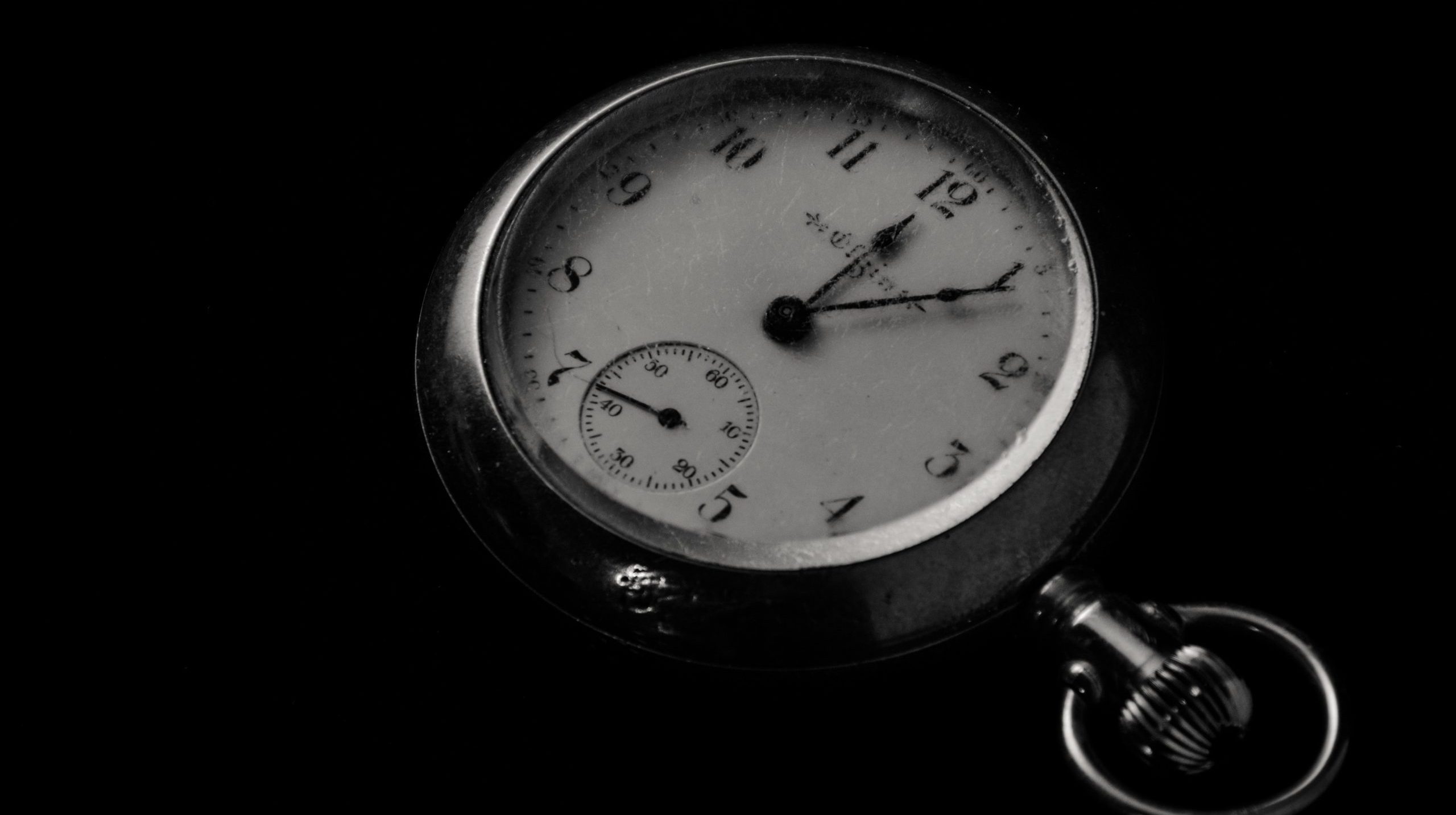
Our reflexive abilities kept us safe in our younger years, and can still be useful in a pinch as we age. Once you hit your 30s, though, this reaction time begins to slow. You probably won’t notice this until you’re in your 40s, but by the time you hit your 50s, your reaction time will have slowed a significant amount. As frustrating as this may seem, it is totally normal.
Trouble seeing

You may begin to notice as you get into your 40s that seeing at close distances becomes more difficult for you. This is a common problem for people reaching this age range. Objects and text up close is more likely to appear blurry due to deteriorating vision. Reading glasses are a very common and useful way to counter this change.
Easier time making decisions
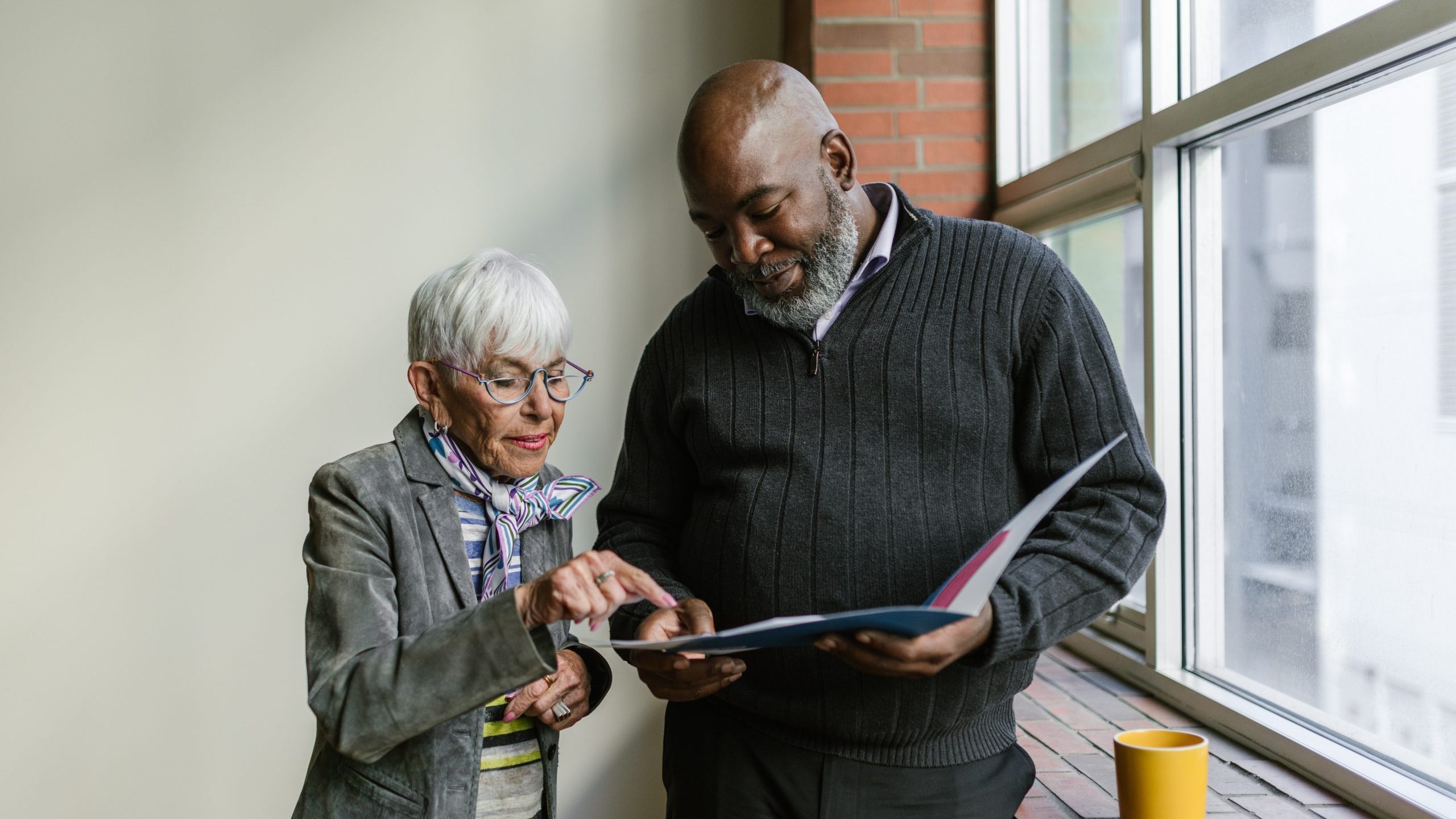
This one may not seem intuitive to some people, but older people actually tend to have a much easier time making decisions than young people do. Though certain types of mental capacities may be deteriorating in older folks, their years of experience shine when it comes to decision making. Because your morality and values have had more time to form, decision making will be easier in your late years than your youth. You may notice this at any age, but it will likely be prominent by the time you’re in your 50s.
Higher blood pressure
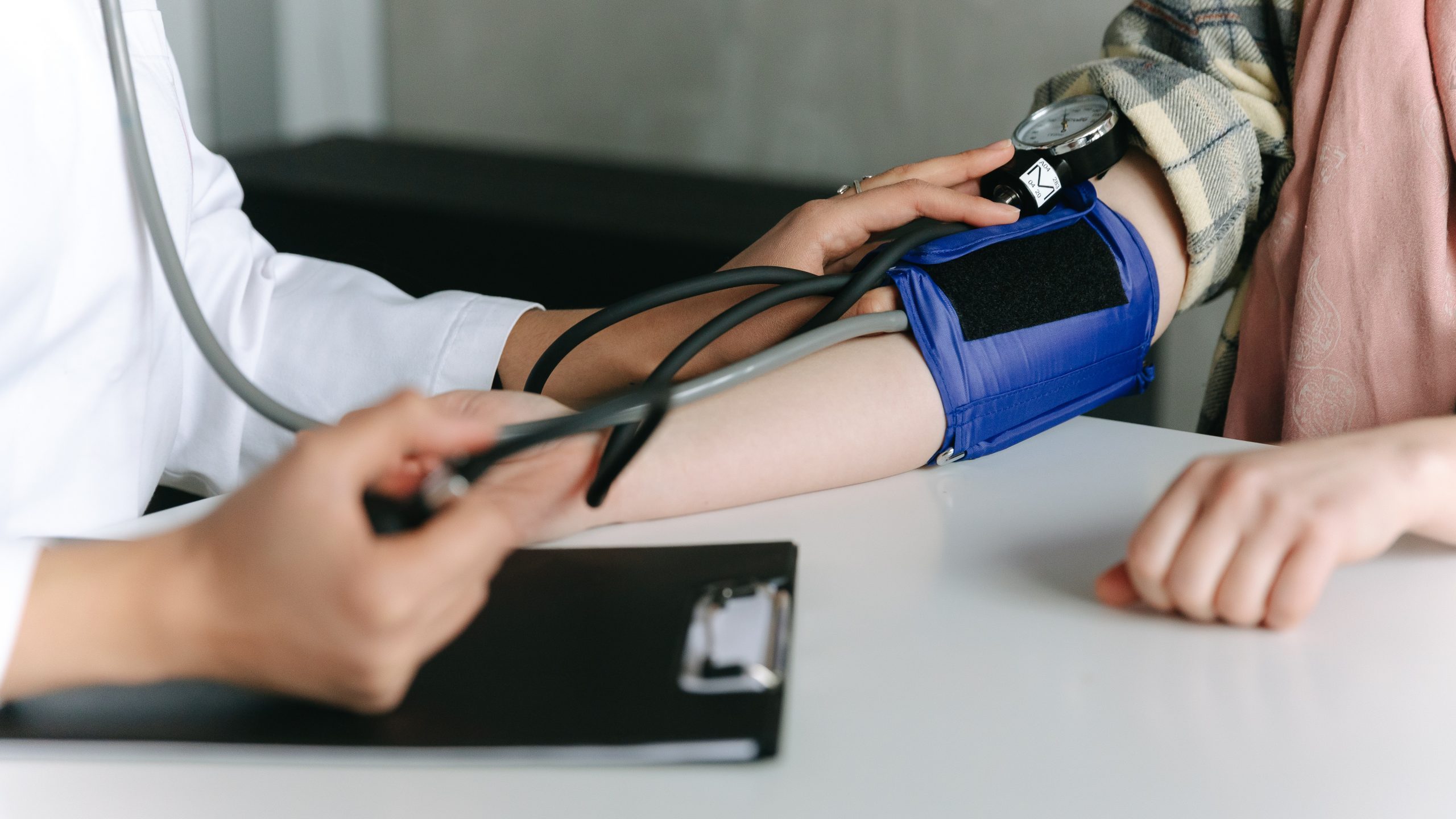
As you age, your heart has to work harder to pump blood around your body. This is because arteries stiffen with age. This change in your arteries begins to happen around the age of 50. Your blood pressure will be increased and you will tire more quickly when it comes to exercise. A way to prevent this for longer is to have a consistently healthy and active lifestyle.
Less natural lubricant in intercourse
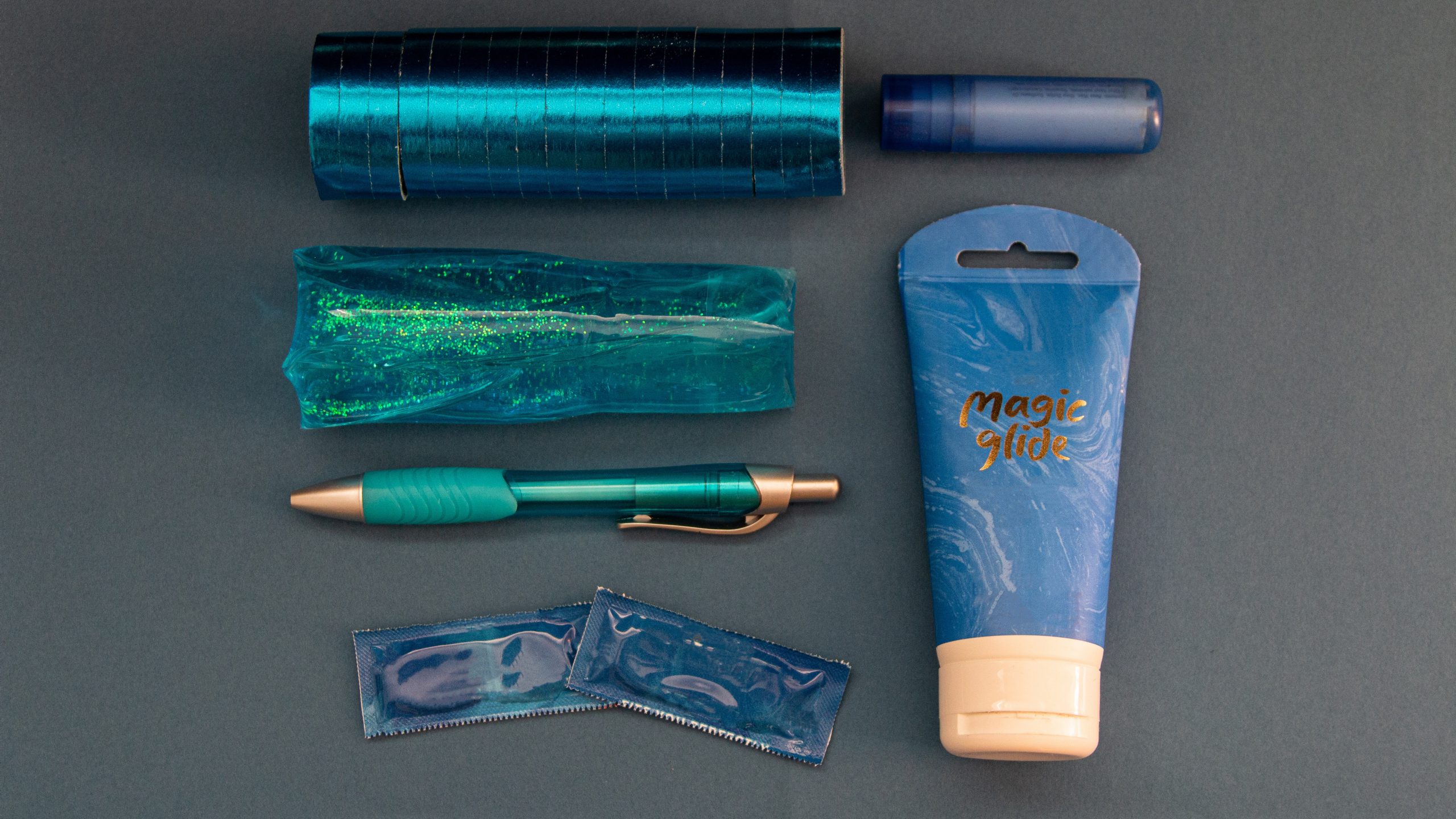
As women go through menopause, the tissue of the vulva becomes thinner and loses its elasticity. This also results in women producing less natural lubricant during arousal and intercourse. This typically begins to happen in the late 40s. Though it may in some ways make intercourse less pleasurable, the use of additional lubricant can keep this feeling natural.
Erectile dysfunction
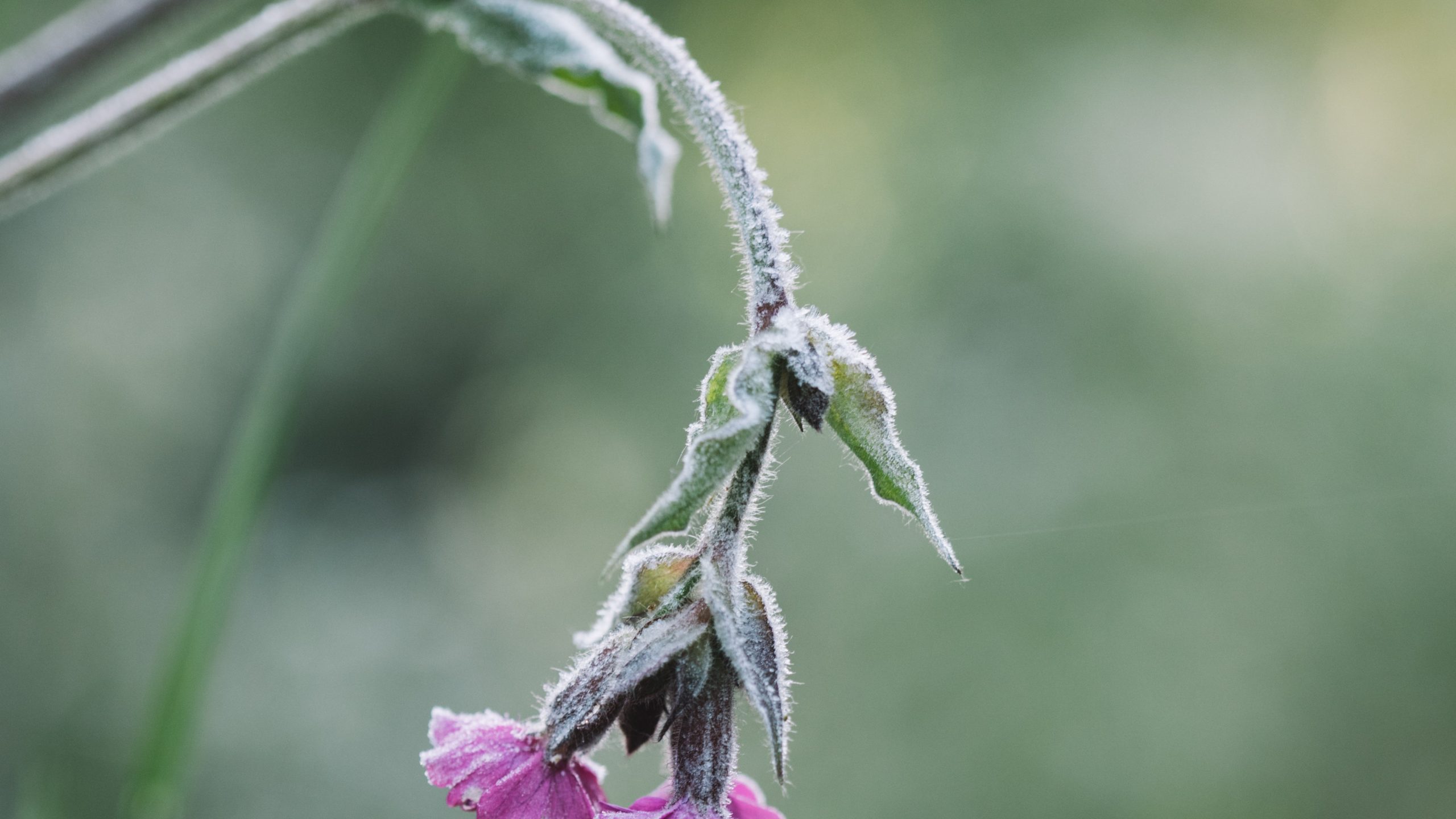
Women aren’t the only ones who experience change to their sex organs as they age. Men are more likely to experience erectile dysfunction as they get older too. In their 40s, men have a 40% likelihood of having experienced it with the likelihood increasing 10% with every decade. This means in your 60s you have a 60% likelihood of having experienced ED.
Saggier skin
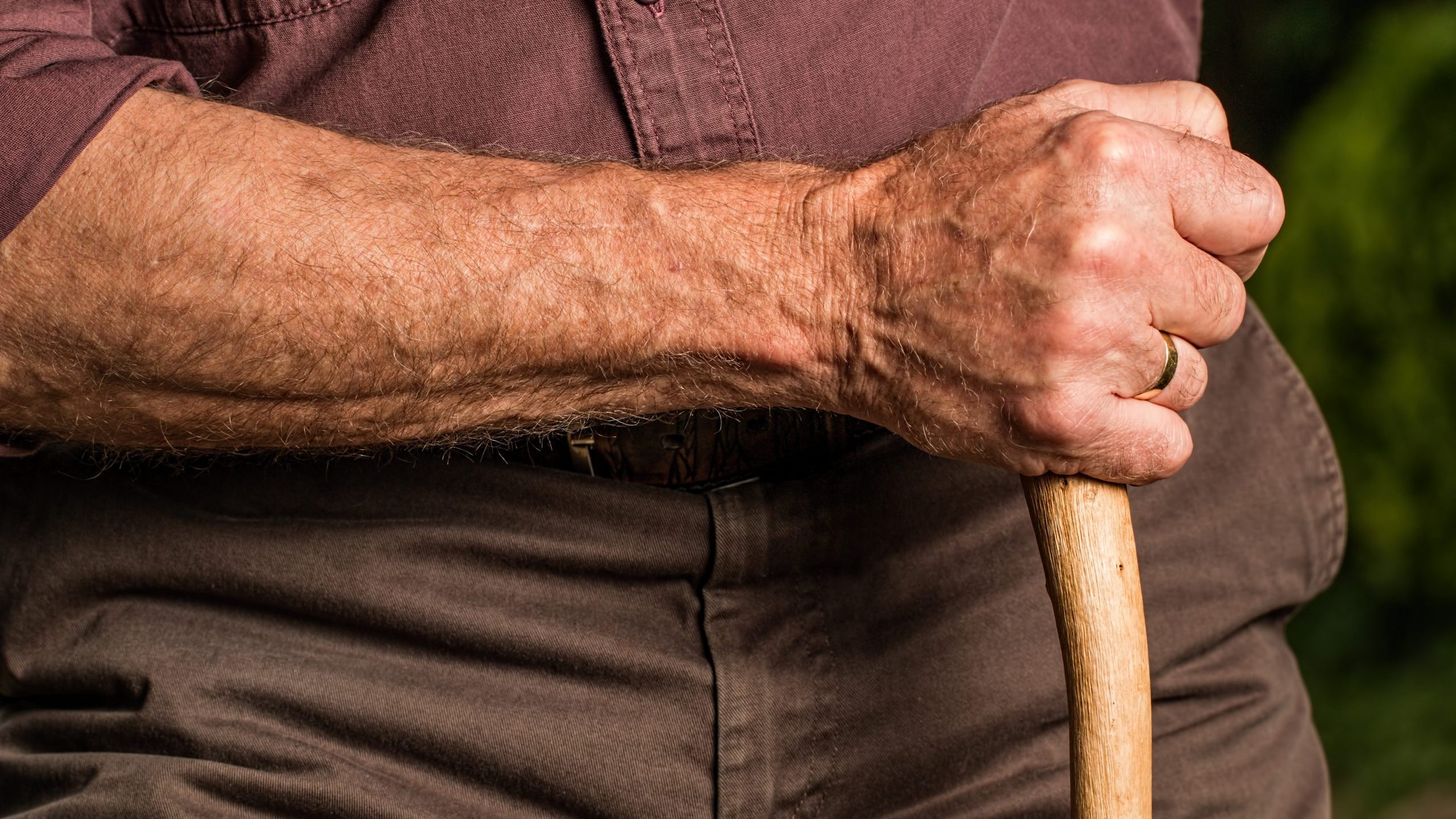
As a child and young adult, your skin tends to be plump due to the layer of subcutaneous fat underneath it. When you reach your 40s or 50s, however, you will notice that this layer has faded away under your skin. This leaves your skin to have a little more space movement and makes it thus look a little saggier as well.
Needing to urinate more frequently
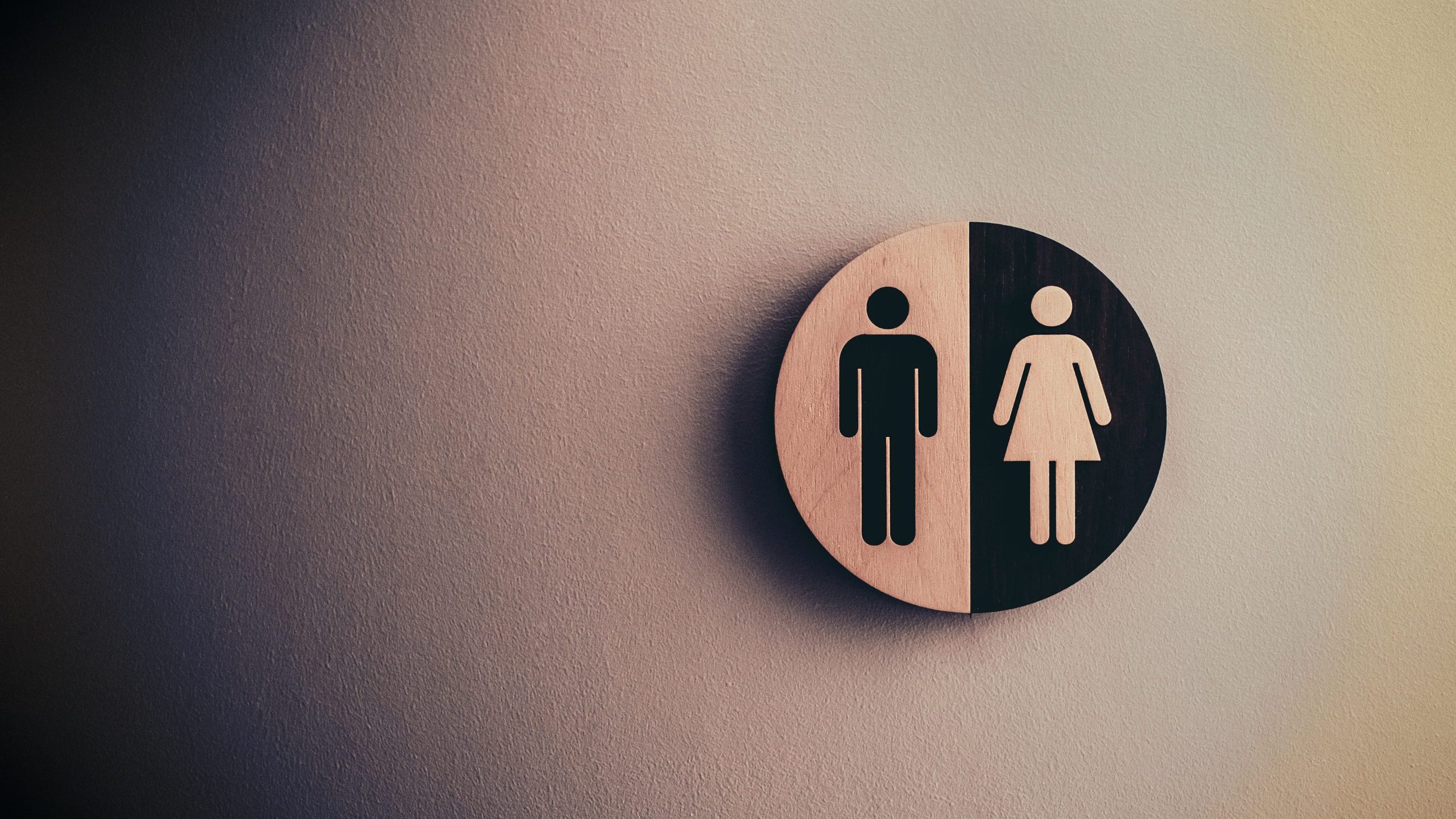
It is natural to urinate several times a day, but as you age, you may feel the need to go more frequently than before. This occurs because your bladder weakens as you age which can lead to incontinence of varying severity. You are likely to start noticing this change around menopause for women. Men are sometimes a little older, but your 50s will likely show the first signs.
Shortness of breath
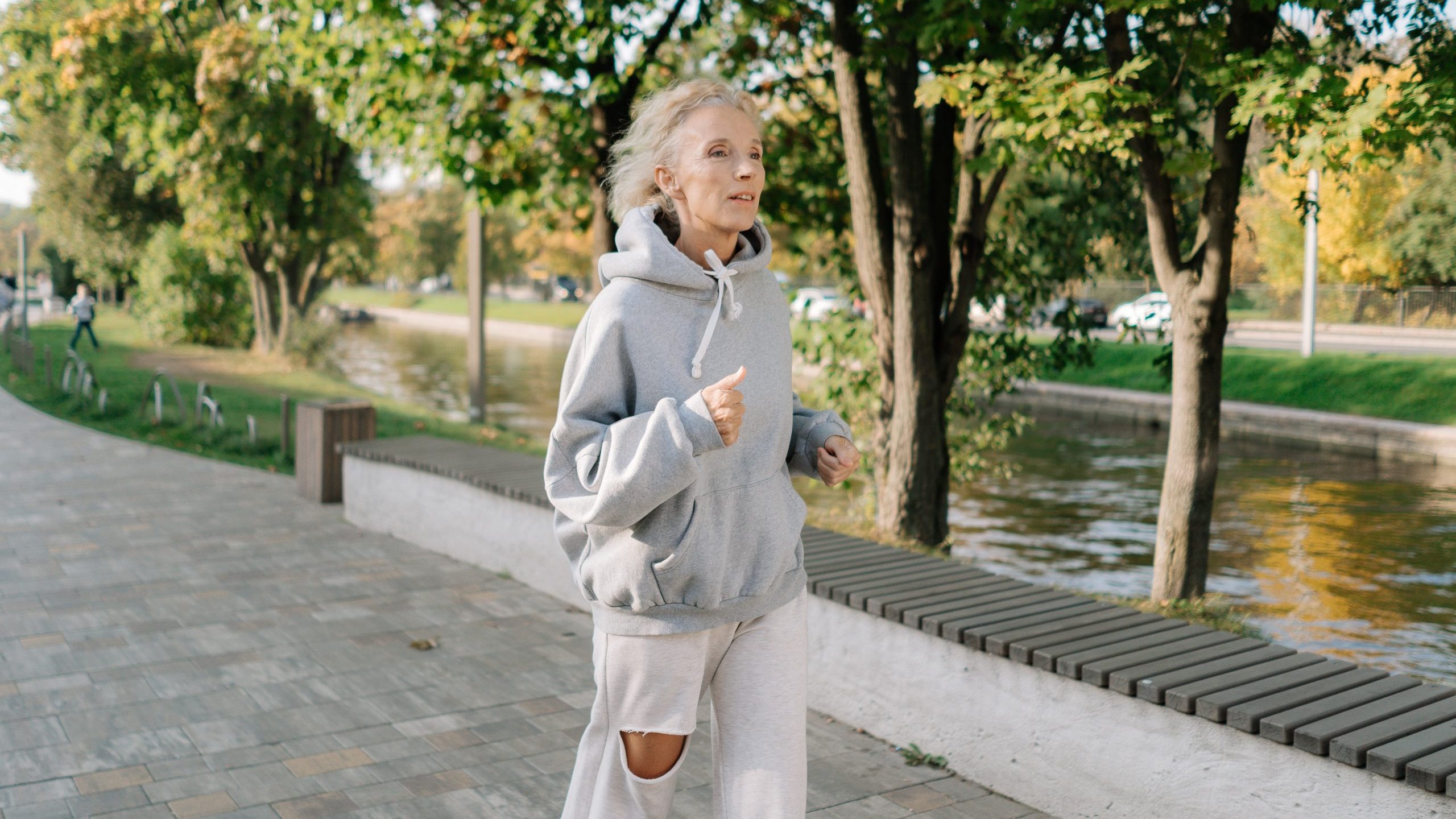
As a young person, your lungs should be in top notch working order. They should absorb air without any problems. As you get older, this ceases to be true as your number of functioning alveoli decrease and your lung tissue becomes less elastic. Around the age of 50 you should notice that you are tiring more easily when exercising and that deep breaths simply don’t feel quite as deep and helpful as they used to.
Slower digestion
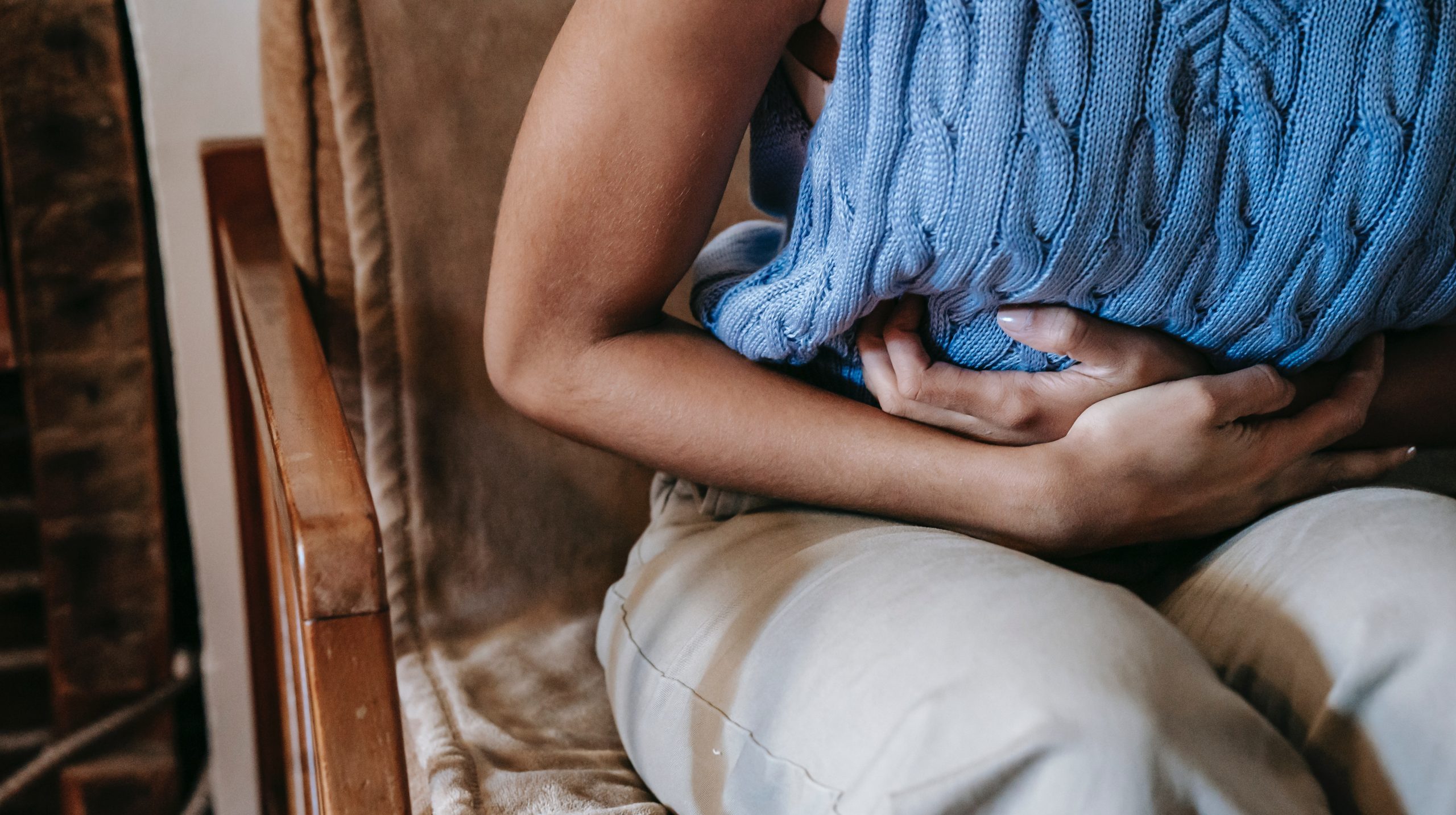
Our entire digestive system slows down when we’re getting on in years. Our slowed down metabolism goes along with this which is why it is harder to keep weight off as we age. Another way we notice slowed down digestion is through additional digestive issues. While it is generally not a significant issue until one’s 60s or 70s, you will likely notice the changes by the time you’re 50.
Lower sensitivity

The receptors in your skin weaken over time. They are at their strongest when you are born, but you will notice this weakening by the time you’re in your 50s. Pain sensitivity in particular will be lessened. As you get older, you expose yourself to many more sensations, and any instances of extreme temperatures or other pain will cause some kind of nerve damage over the years.
Higher emotional well-being
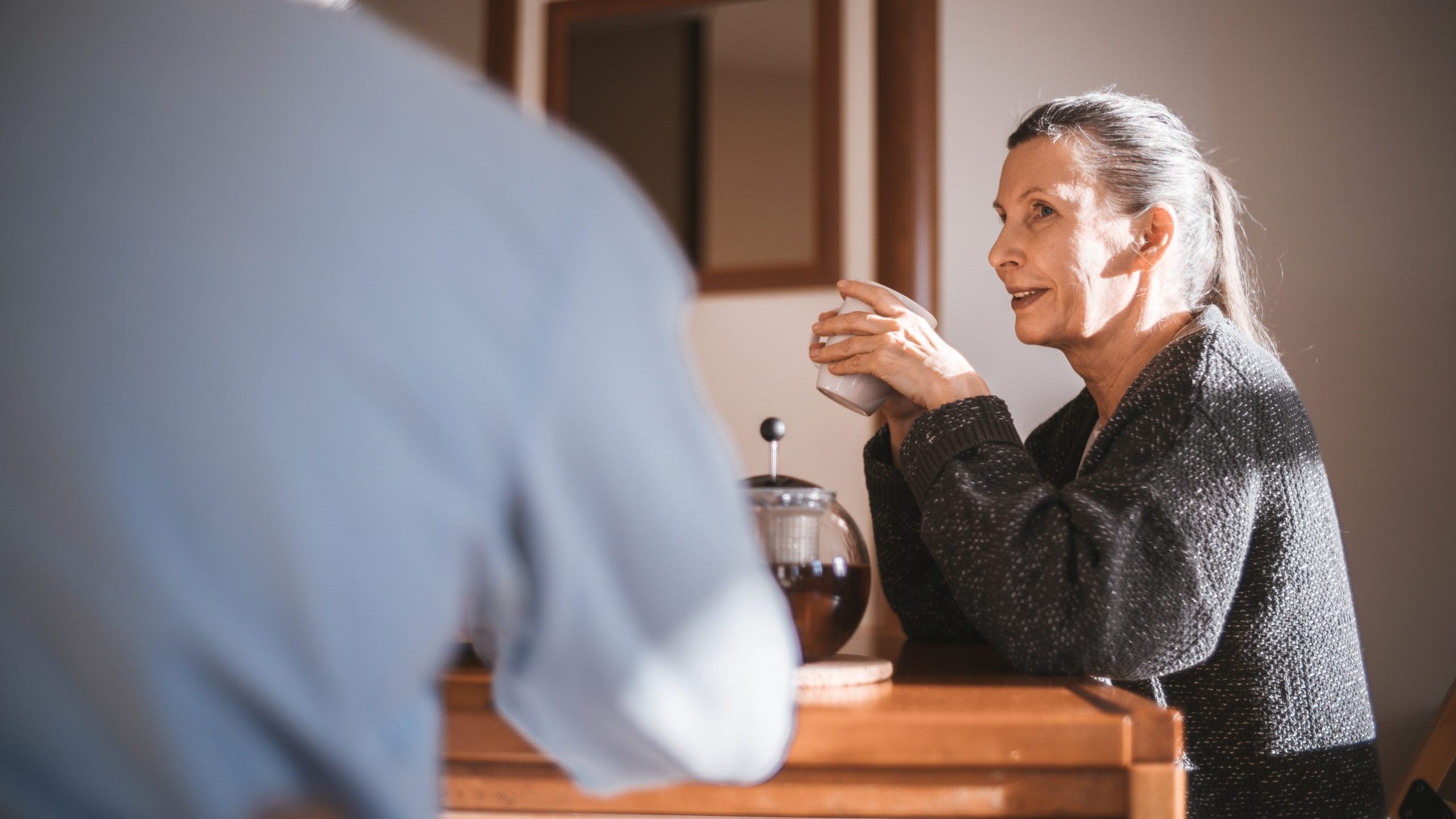
Things are often pretty turbulent when you’re a young person. Life throws all sorts of things at you! As an older person, you will probably have a much better grasp of your emotions than someone who has barely entered adulthood. Older people tend to be more satisfied with their lives and therefore have higher emotional well-being. You will likely notice this change in your life by the time you’re in your 50s.
Nails grow more slowly
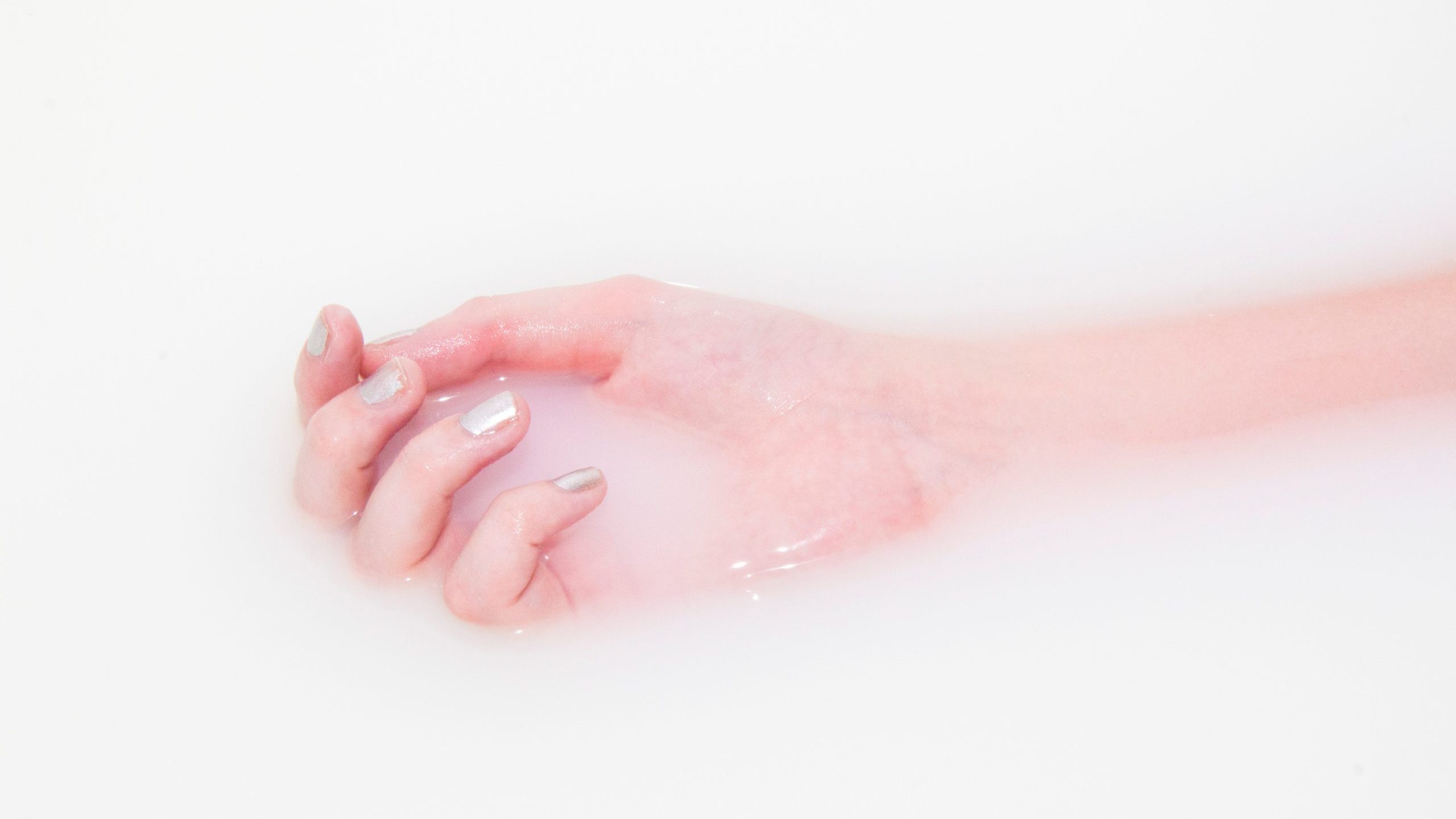
When you are older, your fingernails and toenails grow significantly more slowly than when you are young. When you’re in your prime, your cells are constantly renewing themselves, and this process is what leads to your nail growth. When you’re older, this process slows down and you will no longer be growing long nails so quickly. By the time you’re in your 80s, your nails are unlikely to grow more than 2mm per month, but you may notice this process having slowed around your 50s.
More fragile

Older people tend to have more fragile bodies. This is because many aspects of the body have weakened, from skin to blood vessels to bones. Bones will therefore break more easily and you may find yourself more bruised from partaking in the activities you’ve been doing for years. As you enter your 60s, your body will have started to feel this change.
Hearing loss
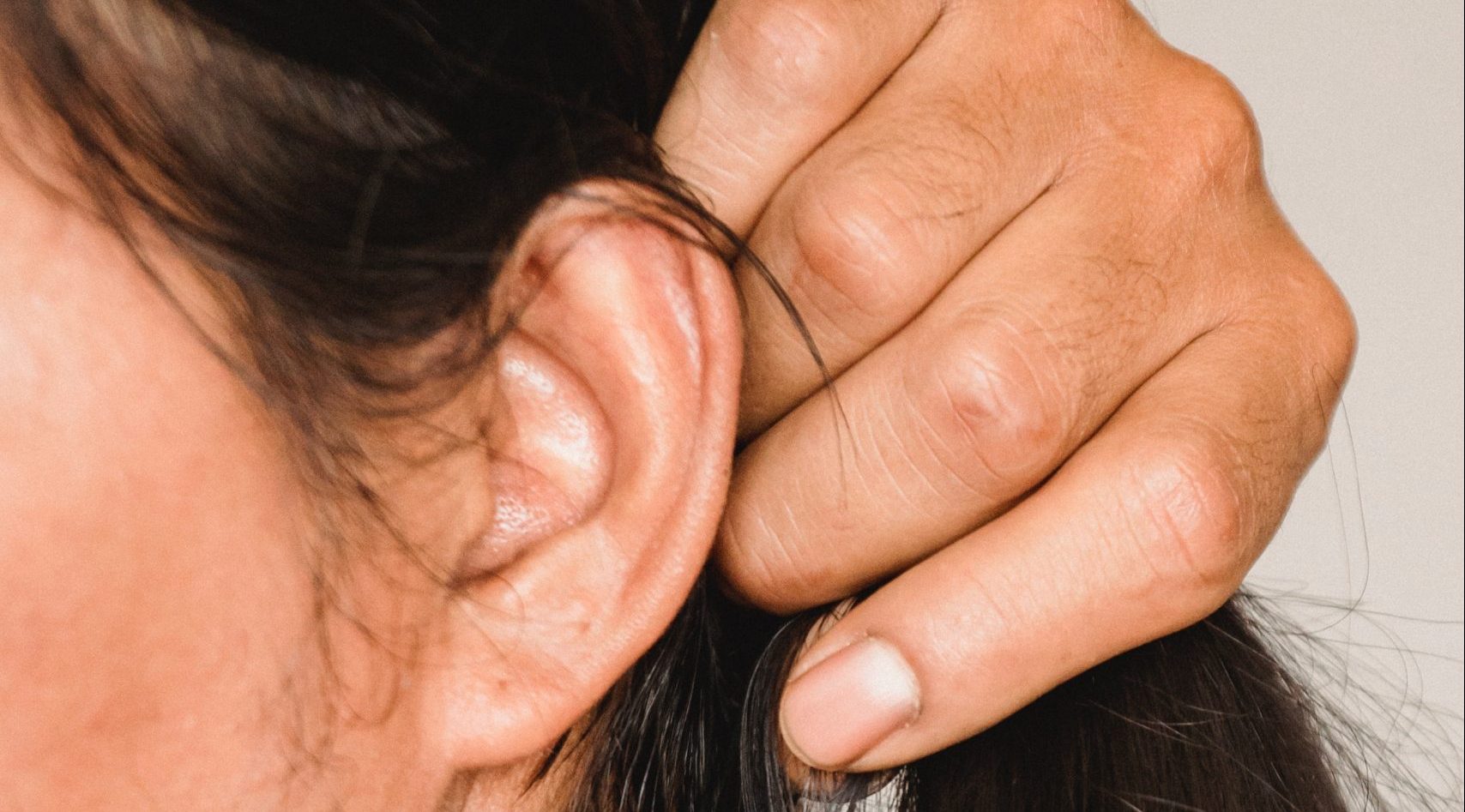
We rely on our hearing in our everyday life for all kinds of communication. As we get older, our hearing starts to get less sensitive. This actually begins to happen as soon as we are born. That is why you can hear extremely high pitched noises as a child that you can’t as an adult. Hearing loss of this kind does not typically become a problem until your 60s, if not later.
Increased heat sensitivity

When we are older, we stop sweating as much as we did in early adulthood. This is because our sweat glands stop functioning properly. Sweating is a bodily function that helps us cool down and prevent overheating. We are generally no longer able to do this once we hit our 60s, which can put us at increased risk of our bodies overheating, meaning it’s even more important to stay hydrated.
Getting shorter
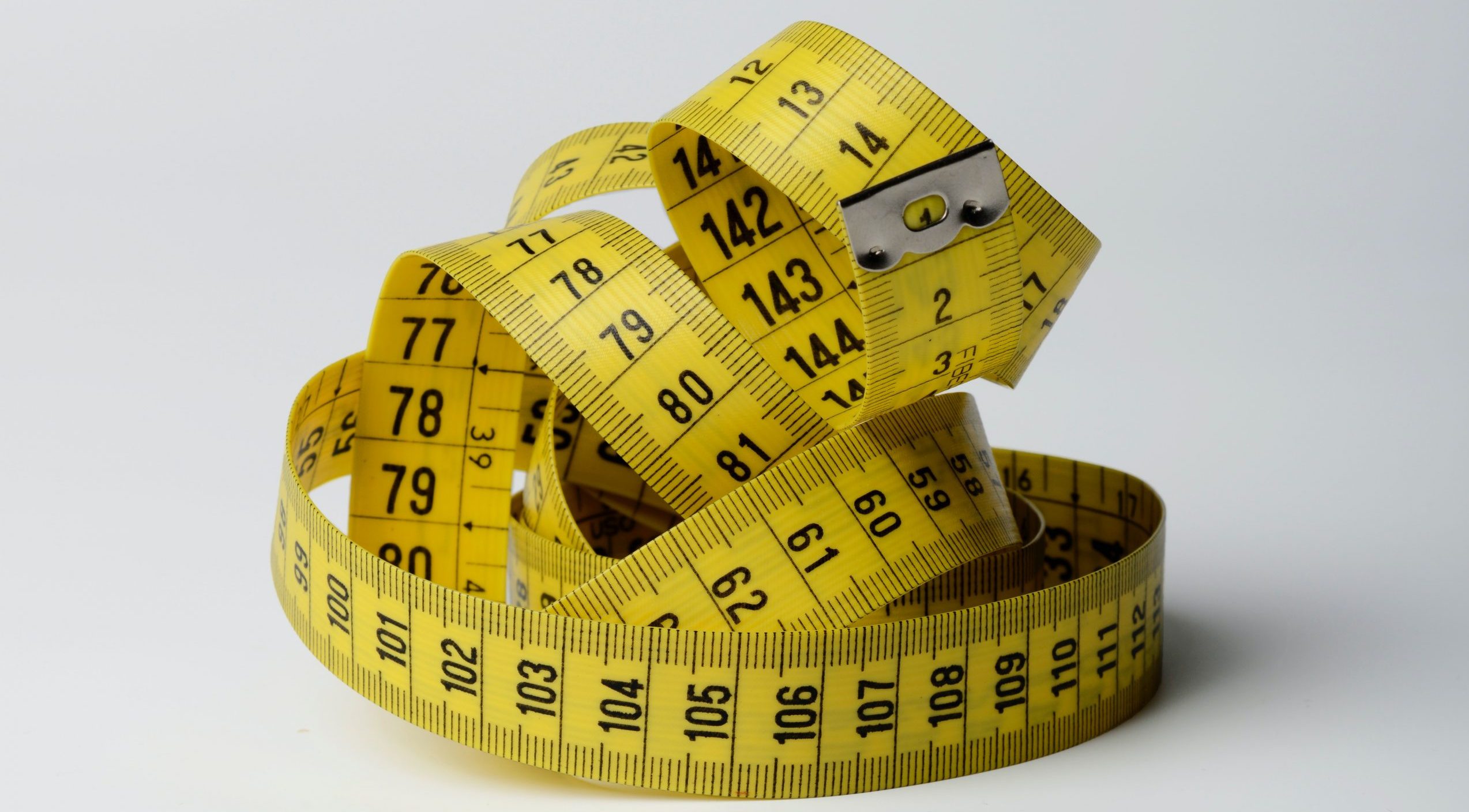
You may have noticed that older people are shorter on average than adults in their prime. This is a natural sign of ageing that happens later in life. The discs in your spine begin to compress over the years and will result in you being a few inches shorter than your original height. This can happen as early as your 40s but tends to begin in your 60s.
Dry mouth
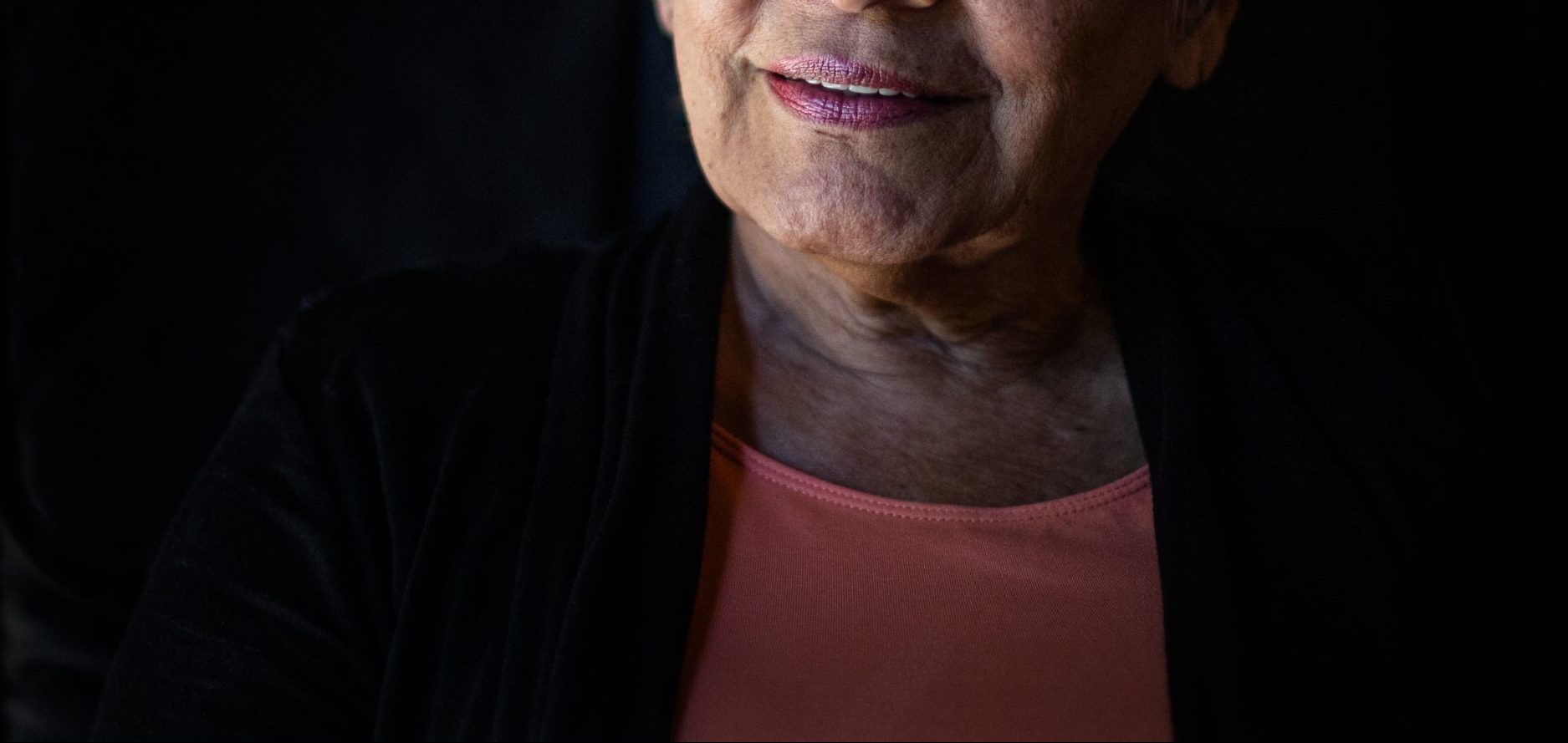
Dry mouth is a condition where your salivary glands stop producing enough saliva to keep your mouth wet. This can be the result of medications (of which we tend to take more in later life), but it is also a natural part of growing old. If you are in your 60s, you have a much higher likelihood of having already experienced this. It is not a guaranteed sign, but it is frequent.
Greater risk of infection
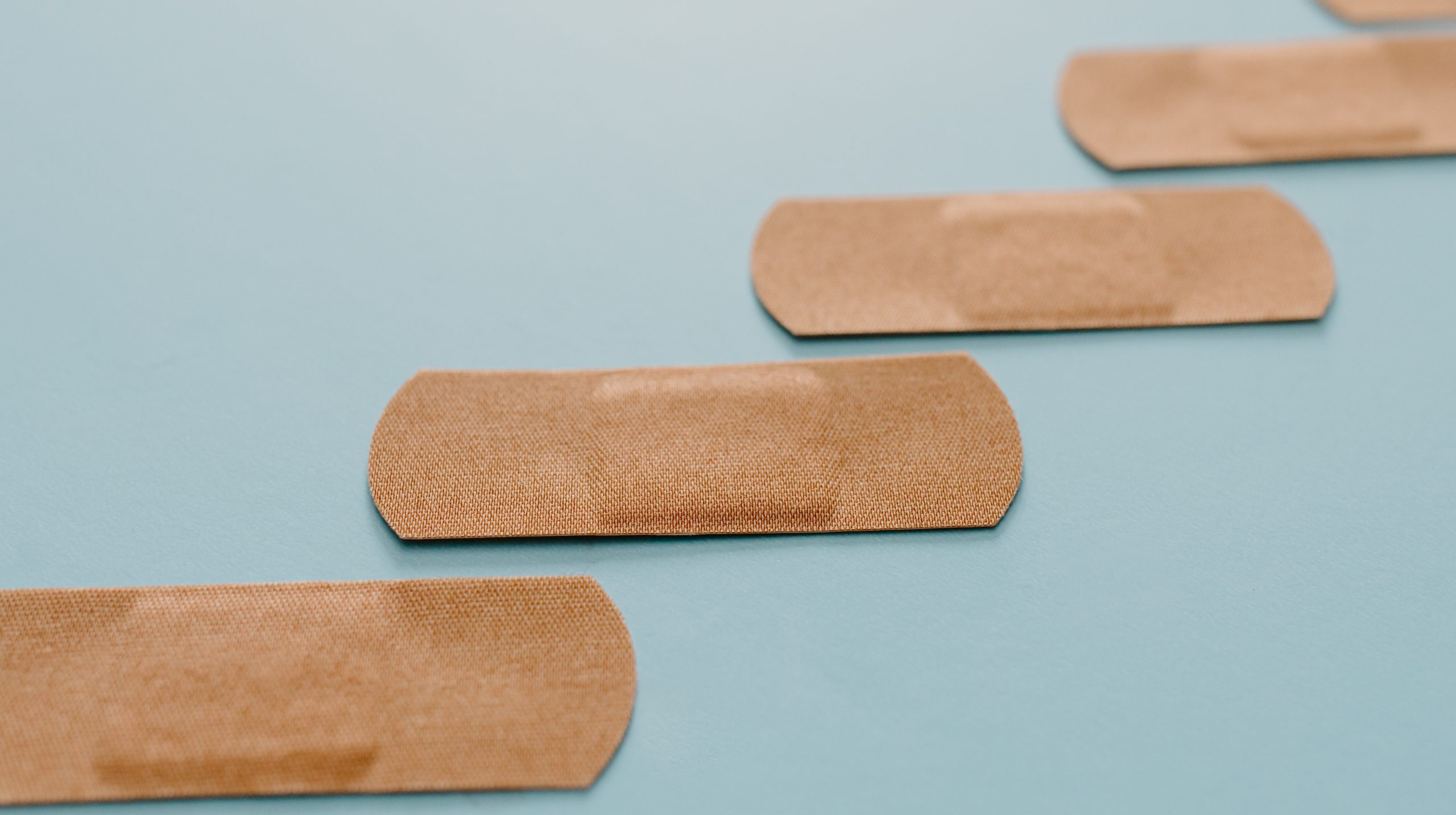
When you are young, your white blood cells are at their strongest and have no trouble fighting off most infections. These cells weaken as you age, with their cell walls becoming more rigid, causing them to be less effective. With your white blood cells not fighting off infection fast enough, you are put at increased risk. This will be noticeable by the time you reach your 60s.
Age spots
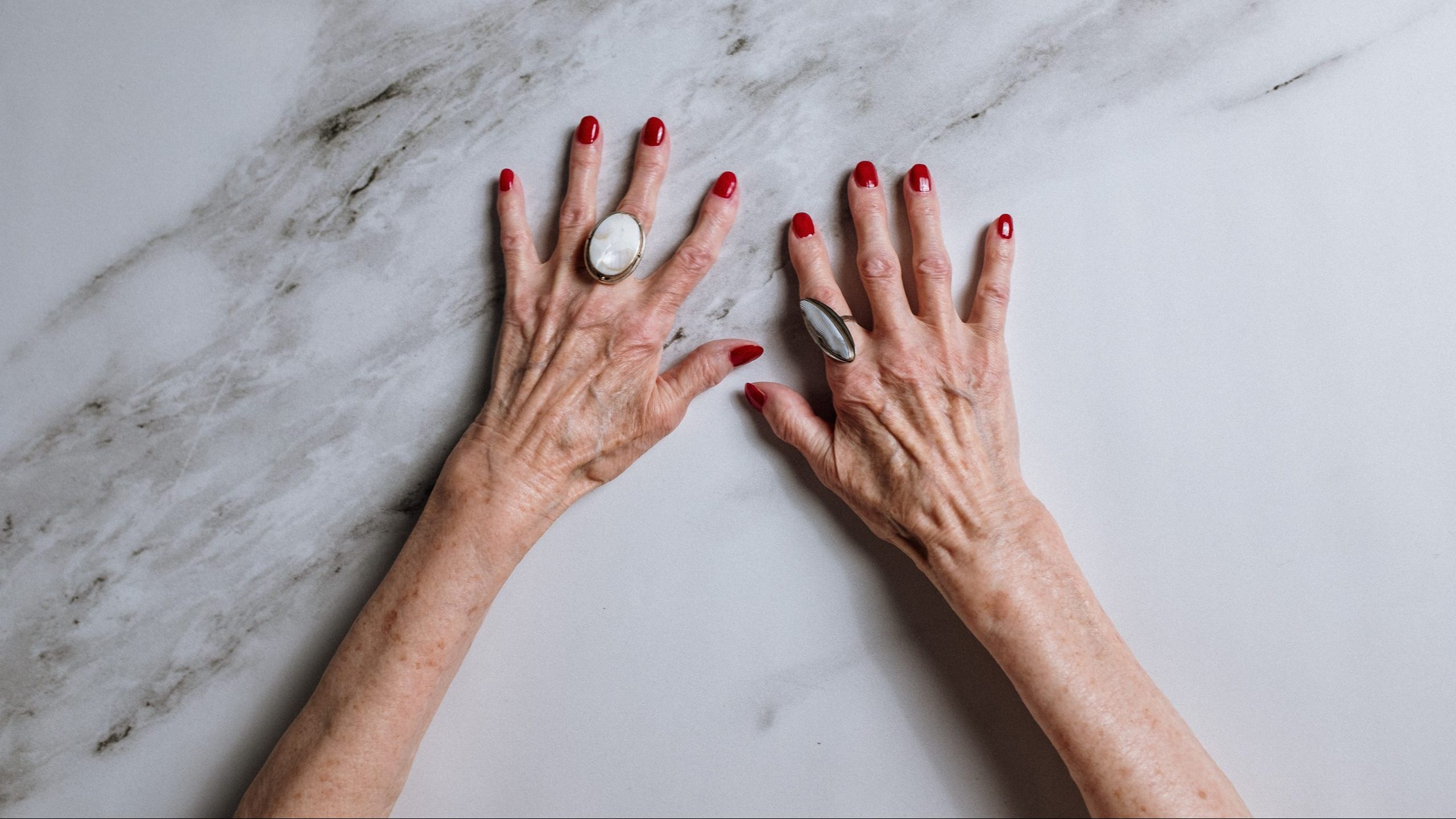
Age spots, otherwise known as liver spots or sun spots, are small dark areas on the skin. Unlike moles, they are generally less dark and are always flat. Older people tend to get them in their 60s or later in areas that are frequently exposed to the sun. They appear due to the way thinner, aged skin responds to sunlight.
Your ears and nose are less proportionate
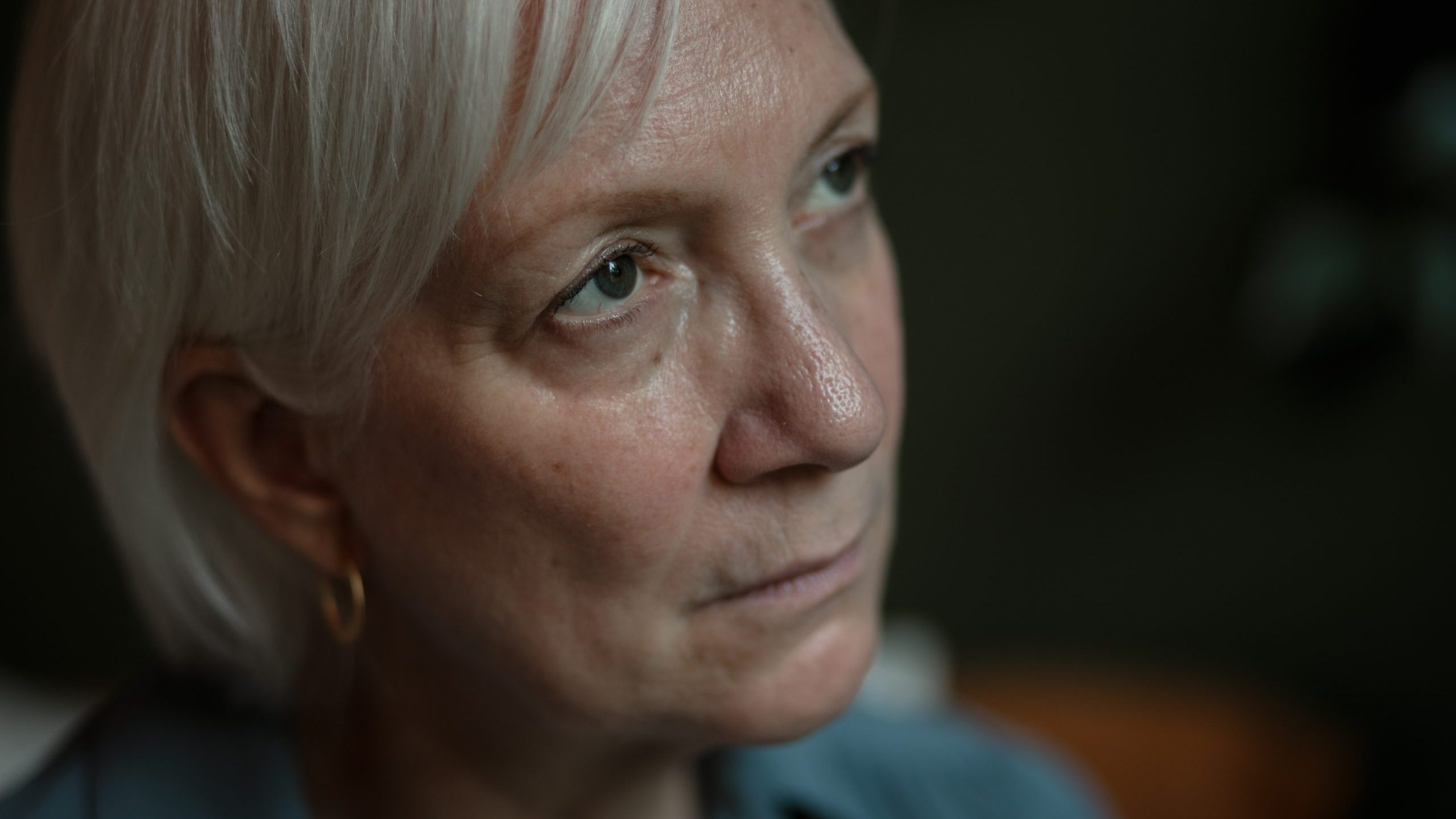
Almost your entire body stops growing when you enter adulthood. We say almost, because your ears and nose actually continue to grow throughout the entire duration of your life. This means that your ears and nose can look a little disproportionately large as you get old, but this probably won’t be noticeable until you’re at least in your 60s.
Memory loss
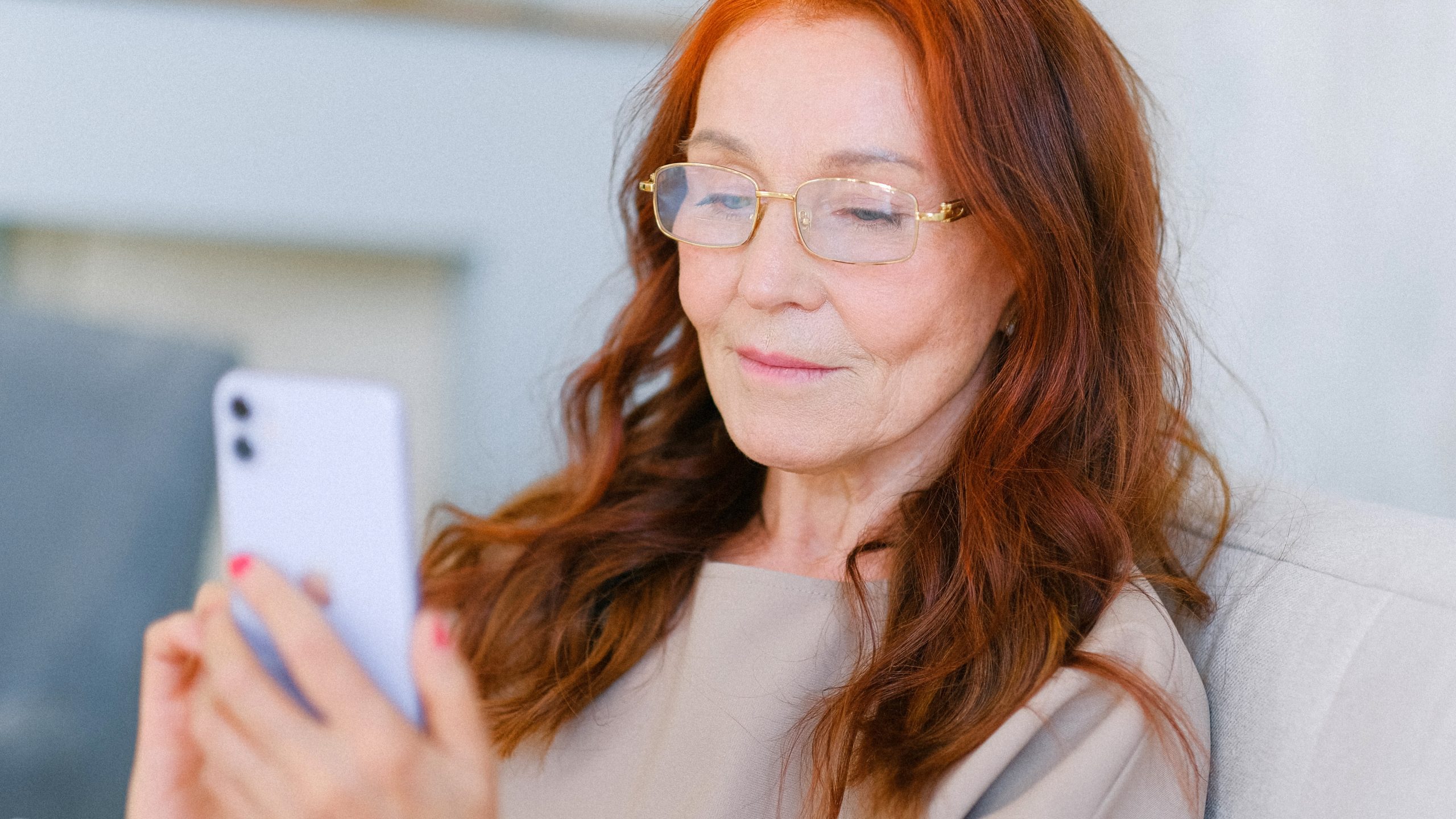
It may be a bit of a cliché, but becoming more forgetful truly does happen as you age. This is not at all the same as dementia which is not a normal, standard part of ageing. Normal memory loss could include misplacing things more frequently, forgetting who was present in a memory, forgetting what day it is, or not remembering which word to use. This will often happen in someone’s 60s or beyond.
Receding gums
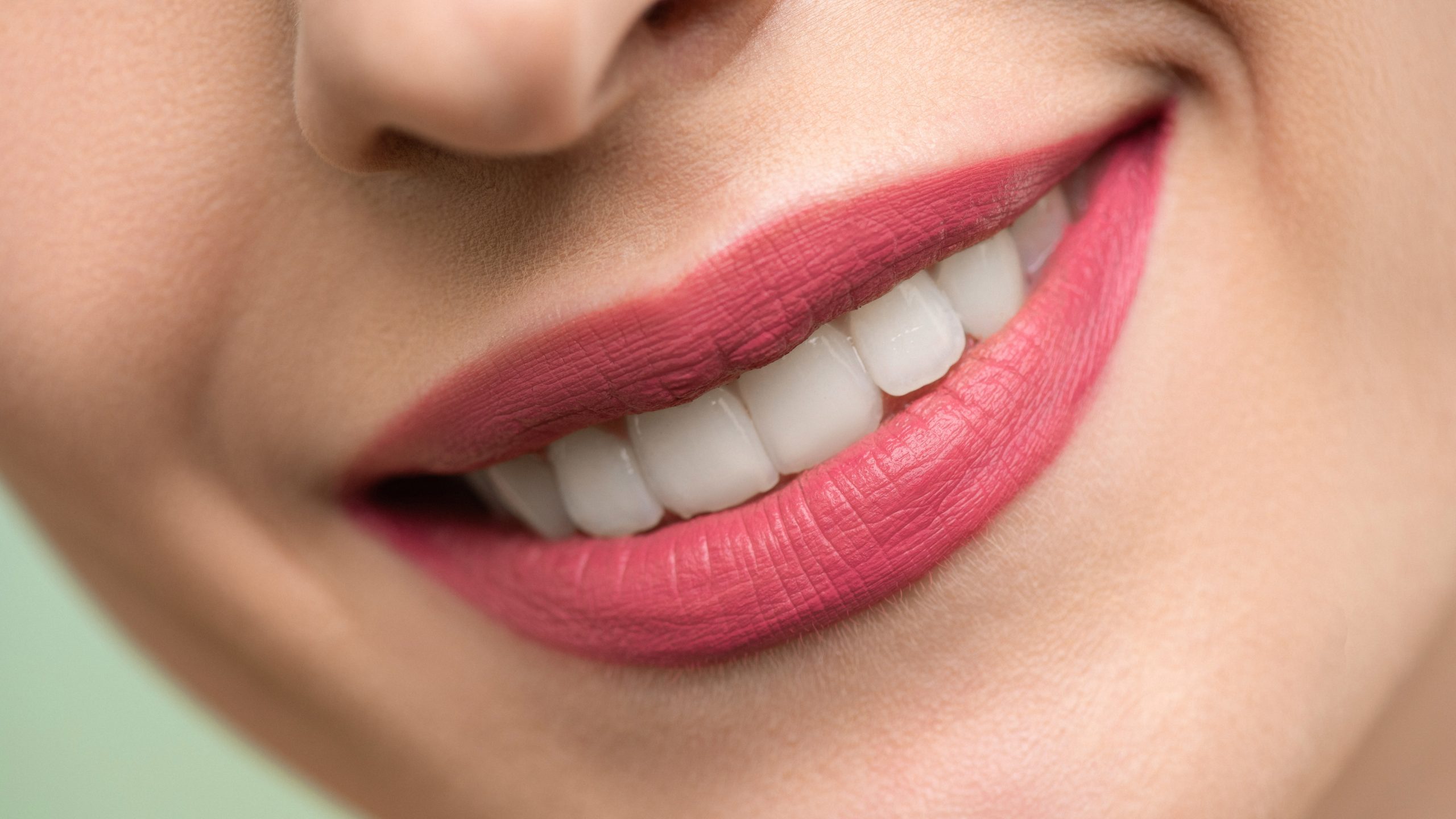
Your gums can begin to recede and move away from your teeth at any age, but it is most common in people over the age of 65. This can be noticeable since the newly exposed part of your teeth will probably be significantly more sensitive than the part that has been exposed your whole life. It is particularly important to protect your teeth as you age, as receding gums make them more prone to damage.
Vitamin D deficiency
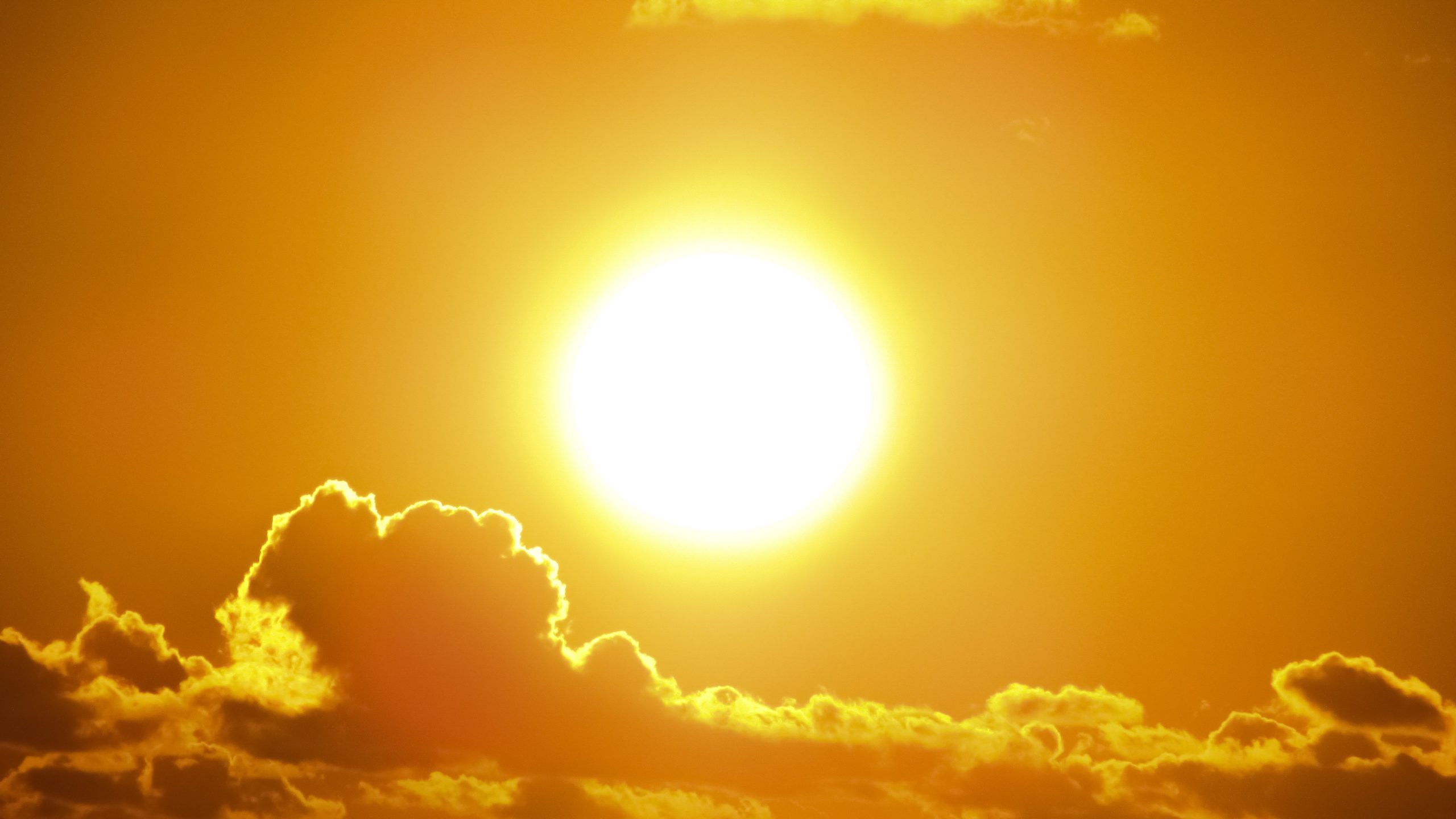
Our phsyical health and well-being depends on our body’s relies on its ability to absorb various essential nutrients in different ways. We absorb vitamin D through our skin by being exposed to the sun. When we reach our 60s, our skin stops being able to convert this energy into vitamin D, which means we are much more likely to develop a deficiency at this age.
More nose and ear hair
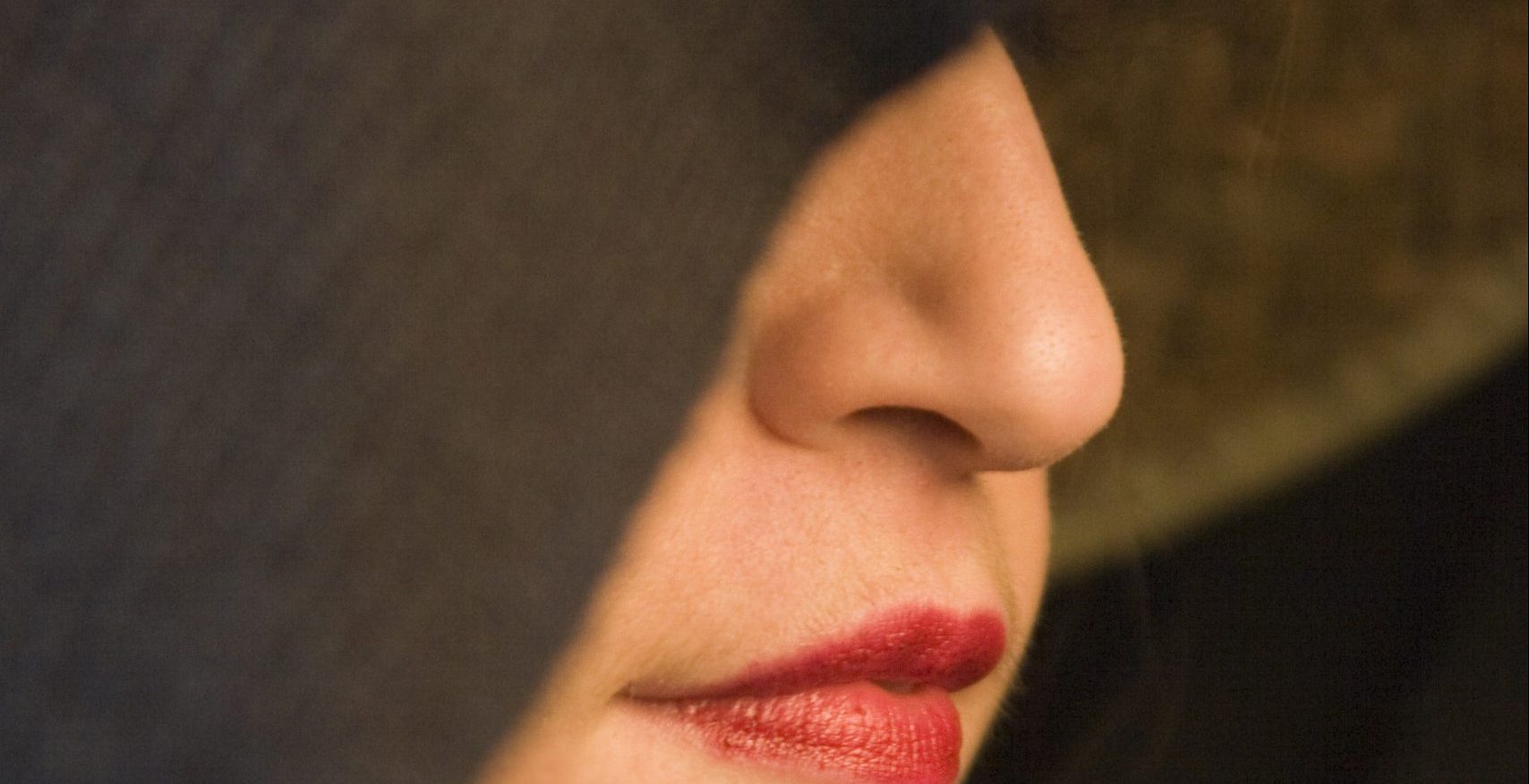
Though we lose hair on our heads as we age, the amount of hair in our nose and ears actually increases quite dramatically. This is not a change that occurs until we hit our 60s or thereabouts, but it is one that is very noticeable when it’s you growing the hair. This is the third of the three main life stages of hair growth.
Trouble swallowing

Swallowing is something you never really have to think about until you hit your late 60s or 70s. Around this time your oesophagus becomes significantly weaker which means several digestive reflexes are weakened, including your ability to swallow. Though you most likely won’t experience this until old age, it can become a rather large issue.
Kidneys become less effective
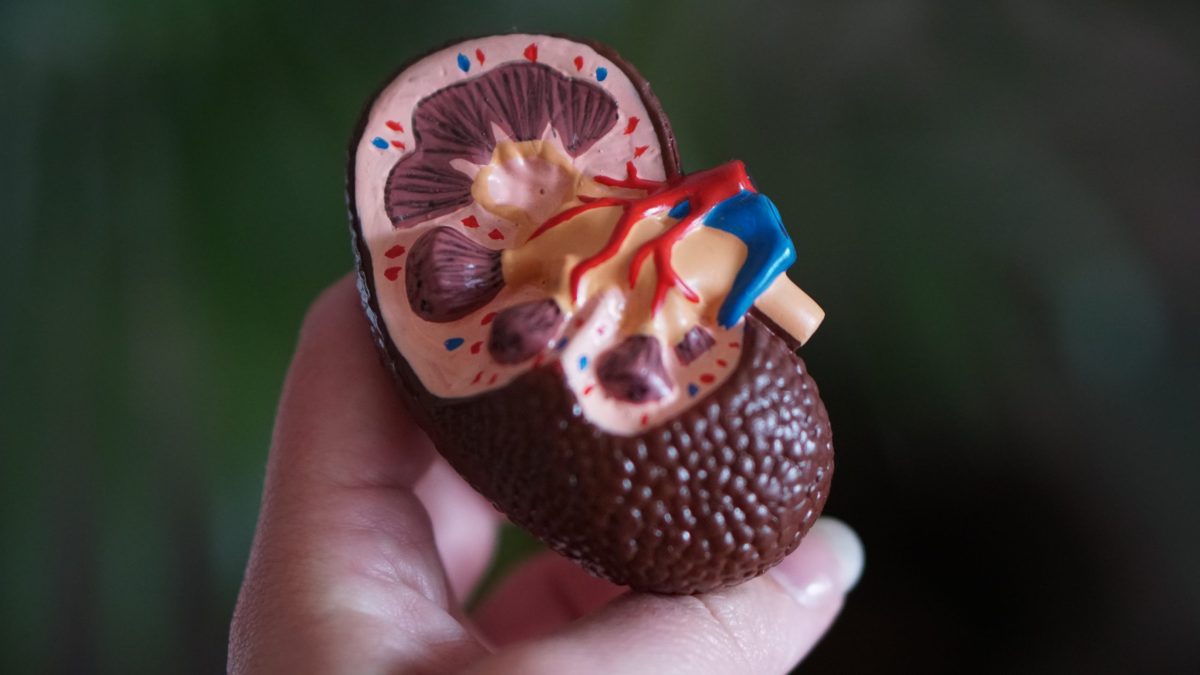
As we age, our kidneys become less efficient at removing waste from the bloodstream. This is because they get smaller as they lose cells. Chronic diseases such as diabetes or high blood pressure can cause even more damage to our kidneys as we age.
Shingles

Shingles is a painful skin rash that most commonly affects people over age 50. It’s caused by varicella zoster, the virus that causes chickenpox. If you’ve ever had chickenpox, you can develop shingles. The rash forms blisters that may take weeks to heal, but anti-viral medications can reduce the severity of symptoms. A vaccine is available; ask your physician if it’s appropriate for you.
Harder soles
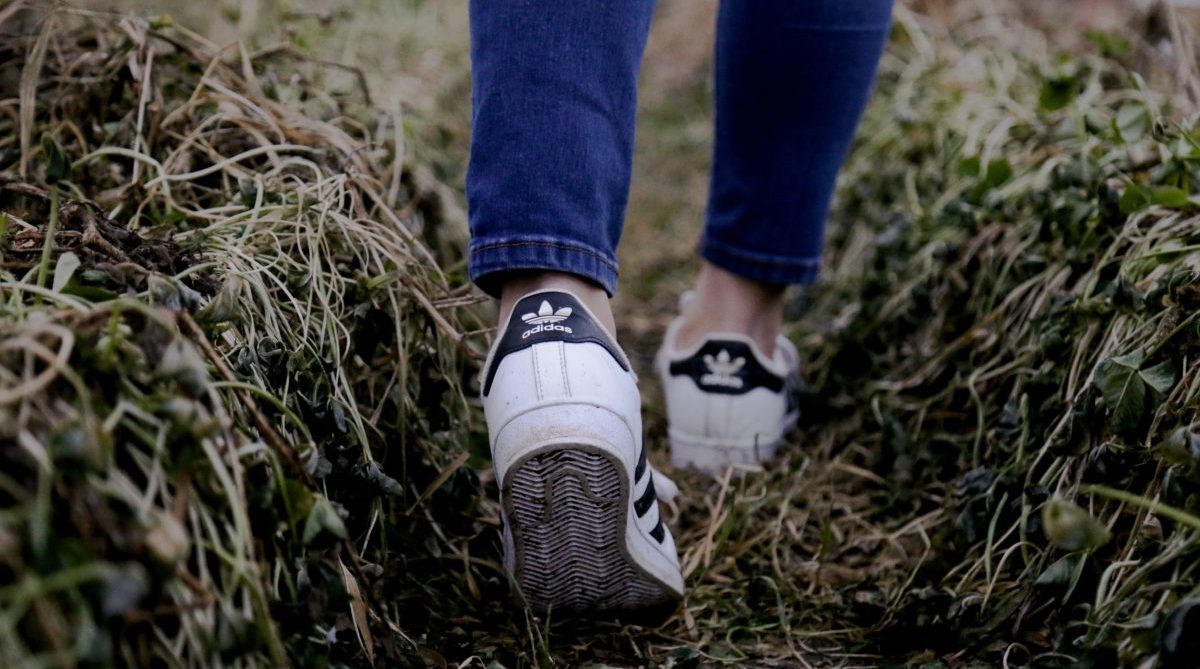
As you get older your soles get firmer. Just think about how soft a baby’s feet are. This is especially true if you’ve taken to walking around barefoot, which will cause your feet to naturally callous over time. An entire lifetime of that, and there you go.
Depression
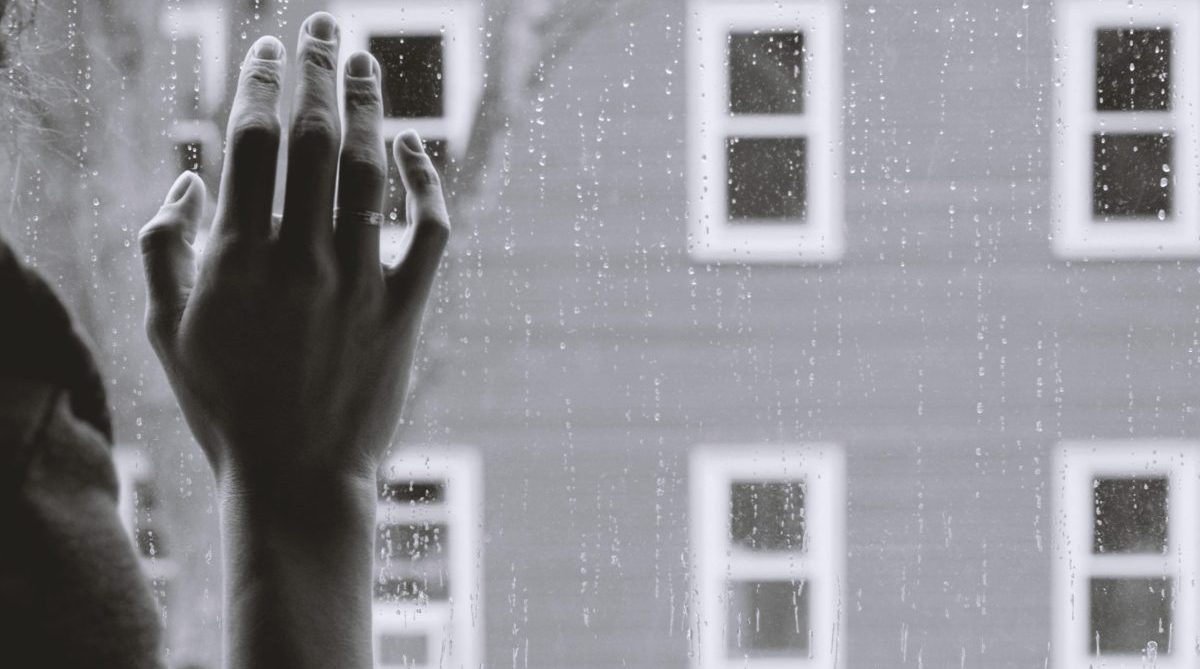
Depression is a common reaction to the changes that come with growing older. Although it is often assumed that depression is caused by ageing, the condition may actually result from changes in personal relationships or social situations. People who are overly concerned about their looks may experience depression as their features change over time. Less social activity or abandonment from friends or family members can also contribute to this condition.
Uneven skin tone
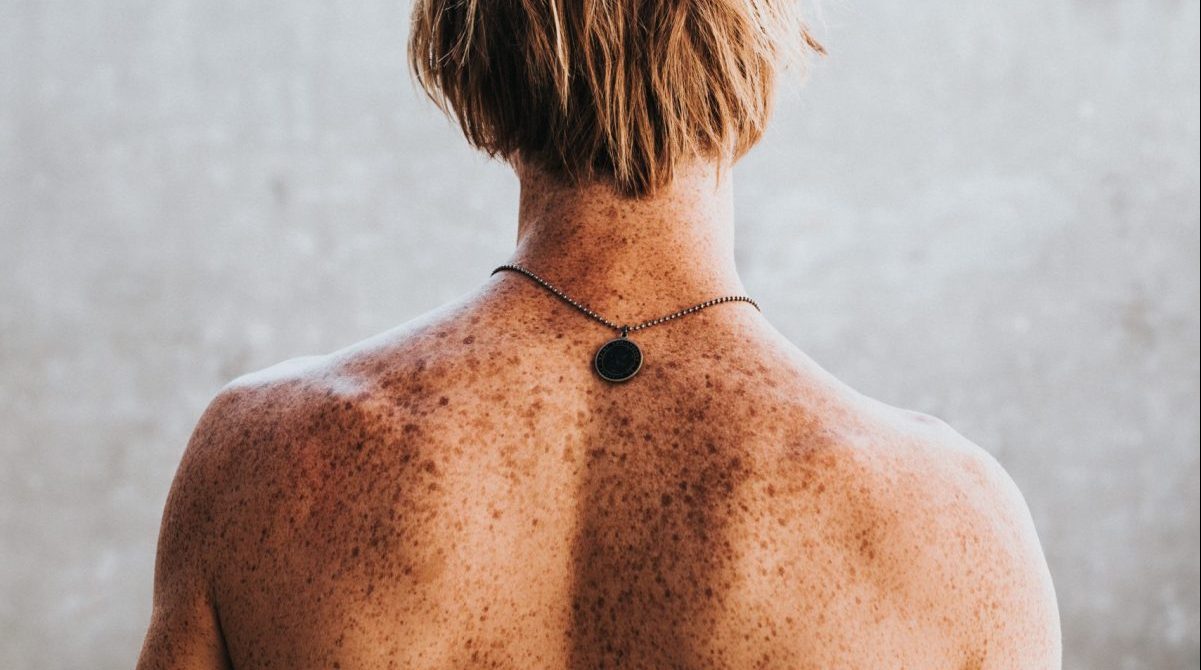
As we age, our skin loses elasticity, becoming drier and less able to retain moisture. It can also become uneven in certain places, which may be due to parts of the skin harbouring more melanin than other parts, or hormonal changes in females. This unevenness can lead to skin looking older than the person’s years.
Senile warts
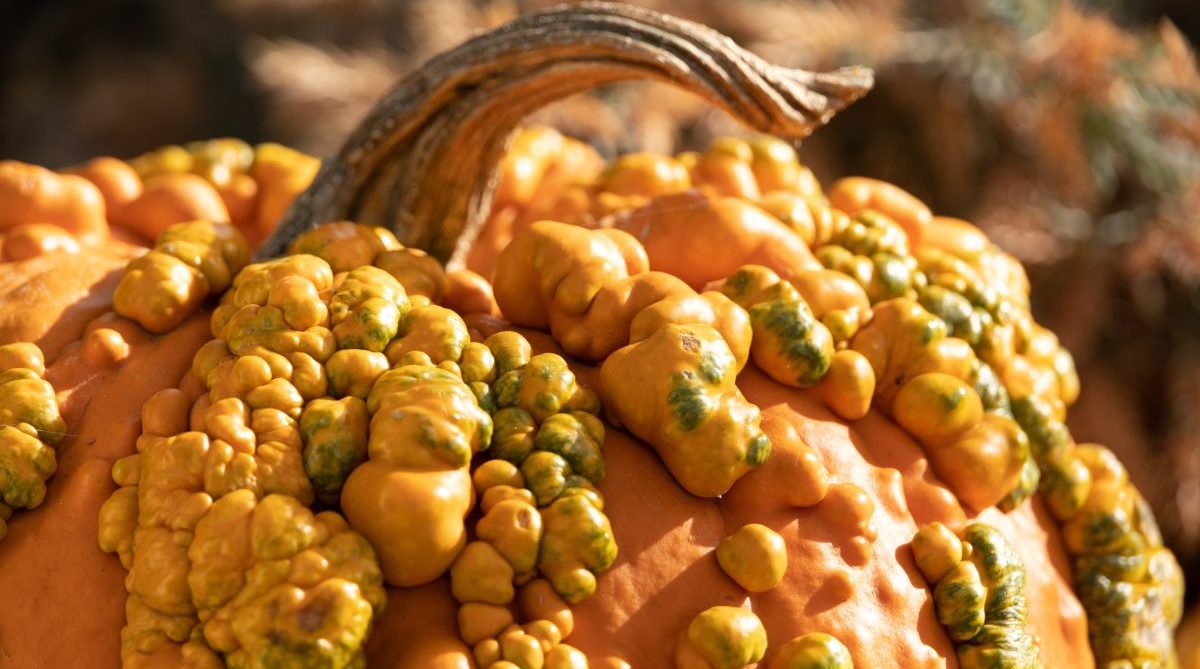
A senile wart is a type of wart that looks similar to a mole. They are oval or round, feel flat or slightly elevated when touched and may appear on any area of the skin. They occur in older people because weakened immune systems are more susceptible to developing them. Senile warts are benign and no treatment is required; however, some people opt to have them removed for cosmetic reasons.
Enlarged feet
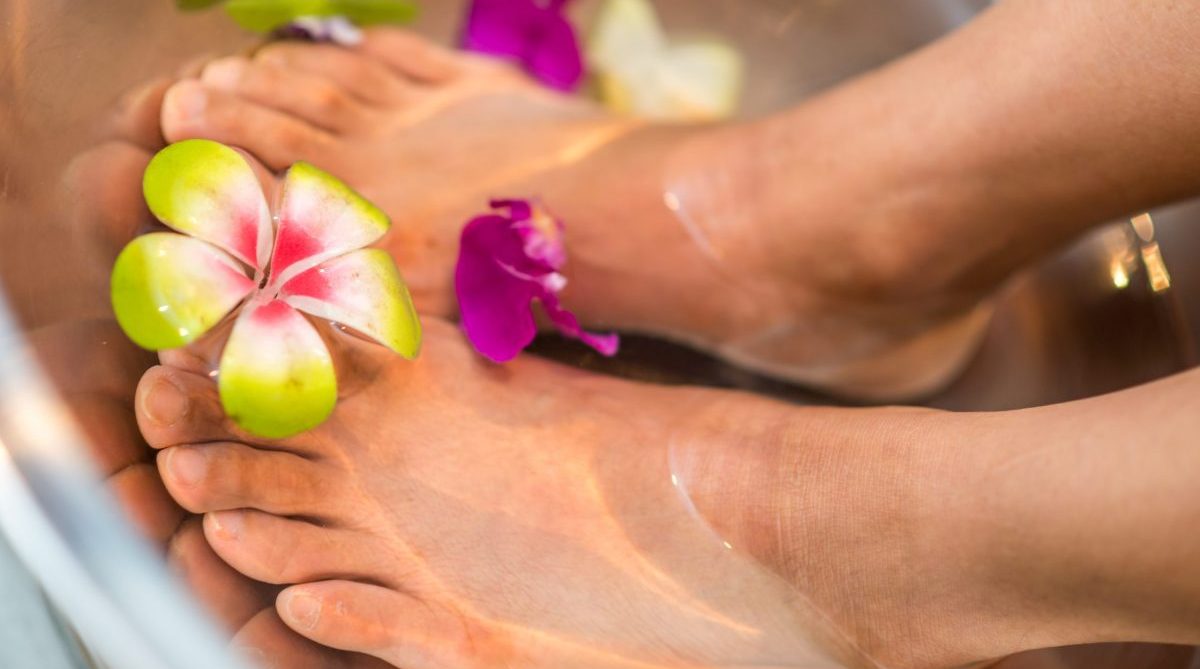
As you age, your feet and ankles may become less flexible and more susceptible to injury. This is because of changes that occur in the bones, muscles, and joints of the foot. The balls of your feet become flattened and the padding under your heel begins to disappear. This causes the arches in your feet to flatten out, making them longer and wider. These changes may cause discomfort in your ankles and feet.
Crow’s feet
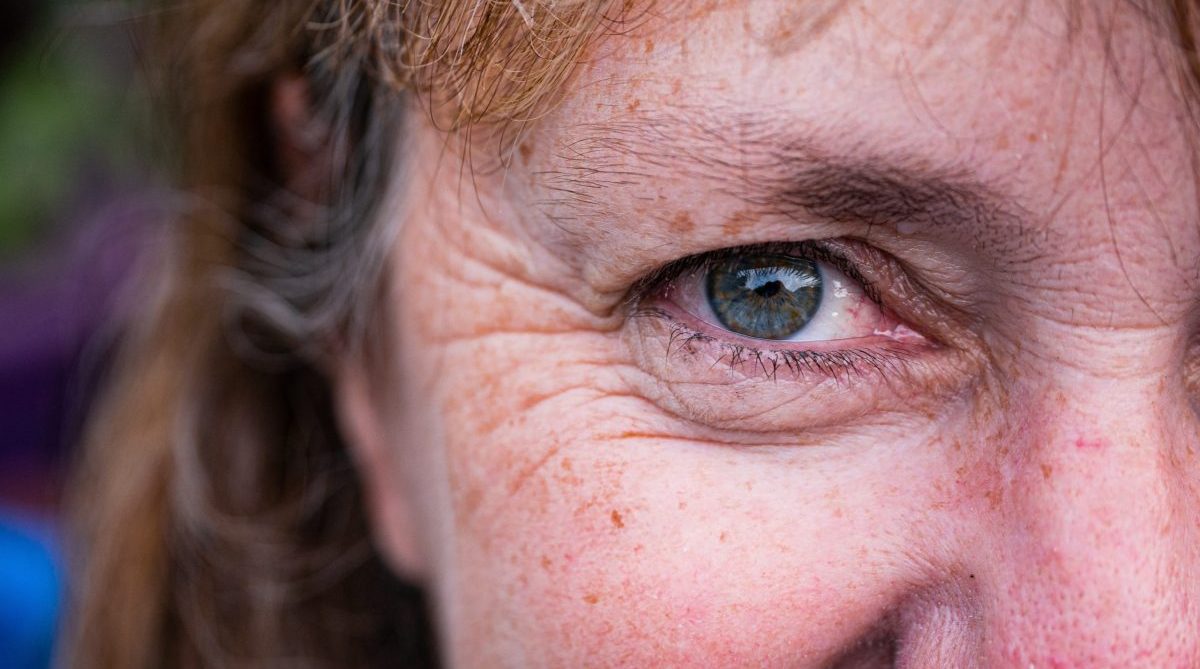
Crow’s feet are wrinkles that appear in the corner of the eye. (They are named after the toes of a crow, which they can resemble closely.) Crow’s feet generally vary by individual, as does the age at which they occur. Some may avoid them until their 40s, while others can notice them as early as 25. As the skin around your eyes is thin, it wrinkles more quickly than other parts of your body. The thinness of this skin makes it susceptible to dryness and fine lines as you age, resulting in crow’s feet around the eyes.
Wrinkled neck
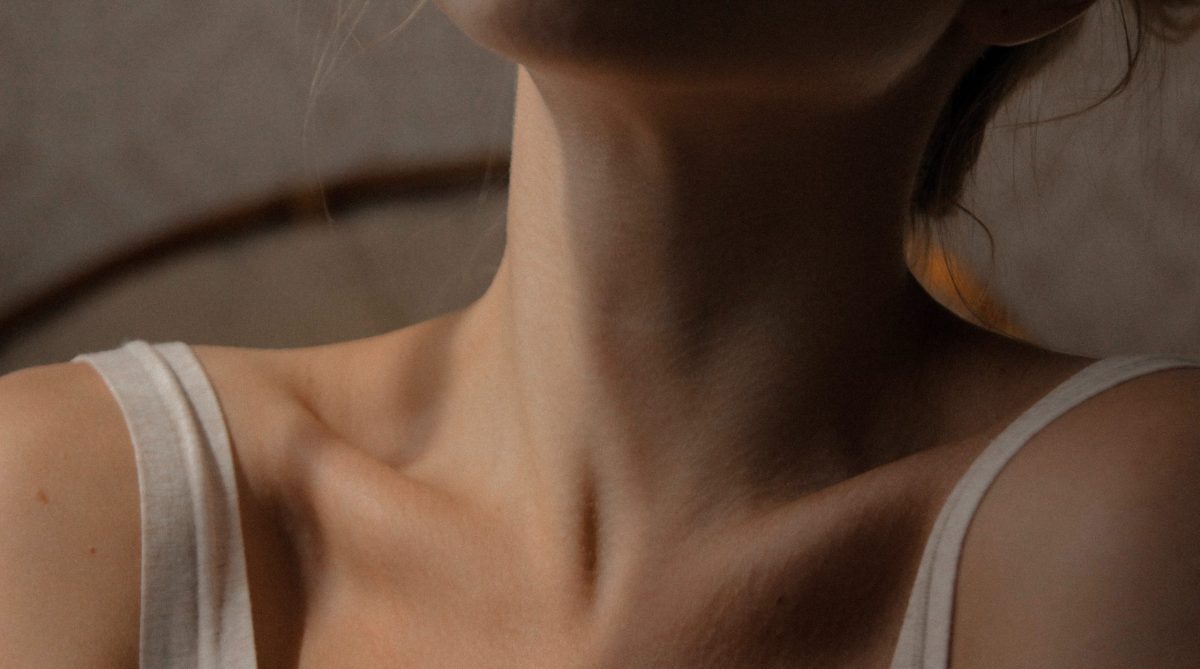
When you look down at the floor or up at the ceiling, you are stretching your neck. Over time, this can cause wrinkles and other signs of ageing. Thin skin on your neck is a major contributor to signs of ageing, since it’s more susceptible to wrinkling and sagging than the skin on your face. Popular skin care products, treatments and procedures can help fight the effects of neck ageing.
Skin tags

Skin tags are small, flesh-colored growths of skin that have a raised surface. They become common as people age, especially for women. They are most often found on the eyelids, neck, and body folds such as the armpit, chest, and groin. Skin tags can be removed by a doctor if they bother you.
A harder-working heart
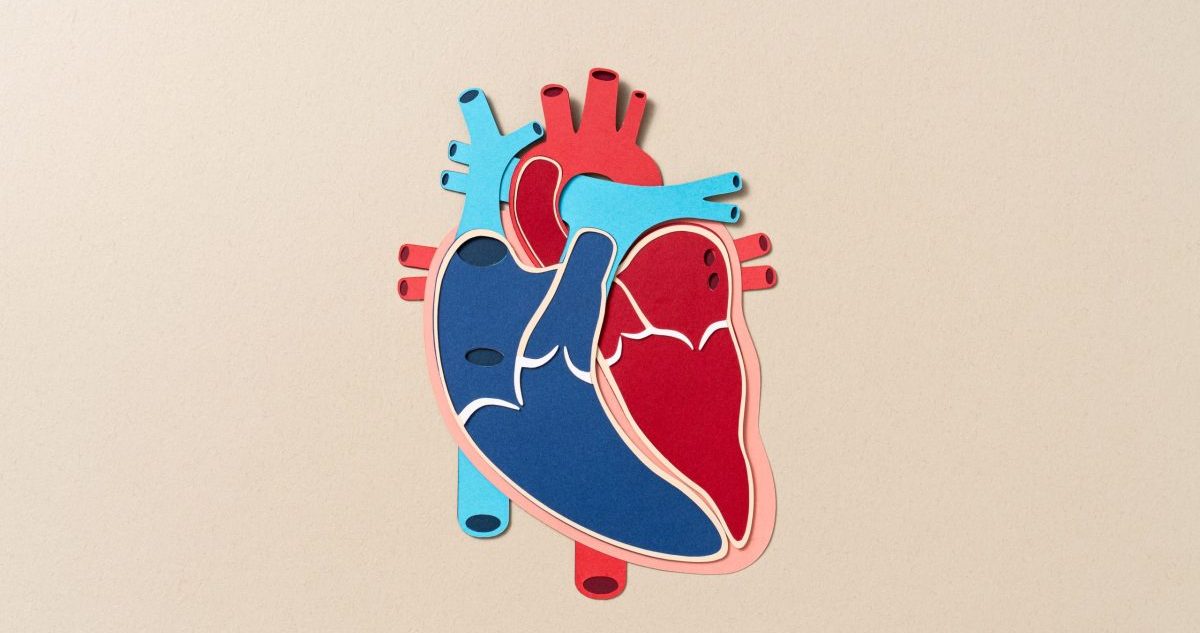
As you age, your blood vessels and arteries become stiffer, making your heart work overtime. By working harder to pump blood, you are at high risk of rising blood pressure and other problems. The way to counteract this is to stay active. Walk, run if you can, or swim. Little pockets of exercise will keep blood pressure down.
Bones become brittle
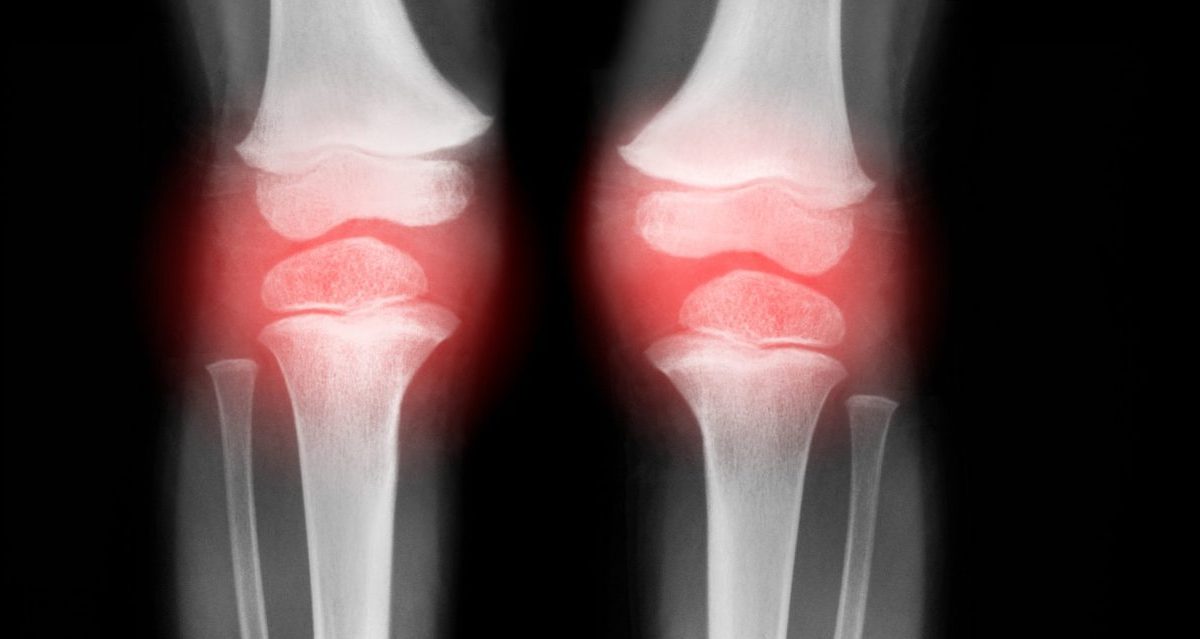
Bones weaken as you enter middle age. By your 60s, they become far less dense and more brittle, upping your odds of fracture. Fluid and cartilage that line the joints can also wear away with age. Left untreated, this could become very painful for the individual. Make sure to not strain your body too much.
Strokes
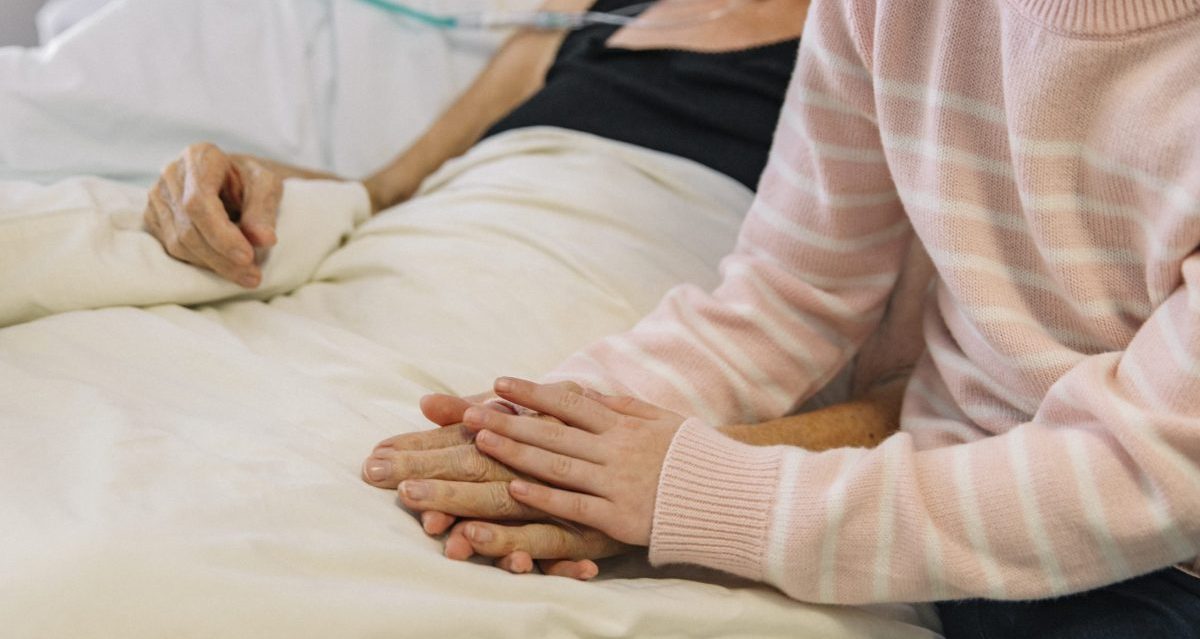
Strokes occur when blood stops flowing in a single area of the brain thanks to a vessel disruption. This causes your brain cells to be deprived of oxygen. There are two types: ischemic stroke, caused by a lack of blood flow to the brain, and hemorrhagic stroke, which is caused by a vessel rupture.
Vulnerable to illness
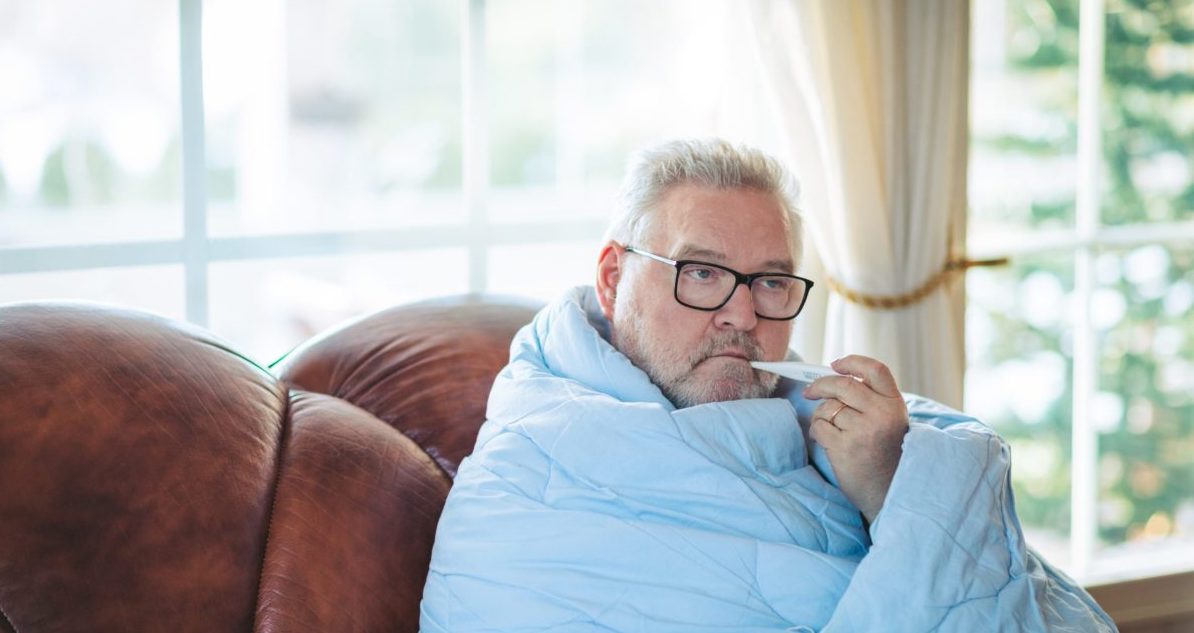
Your ability to bounce back as quickly as you could in your 20s and 30s dips more and more as you enter middle and old age. By your 70s, it’s a real problem. Things you took for granted like vaccines don’t work as well as they once did, leaving you open to infection and viruses. This doesn’t mean you shouldn’t still get shots for flu and shingles.
You become withdrawn
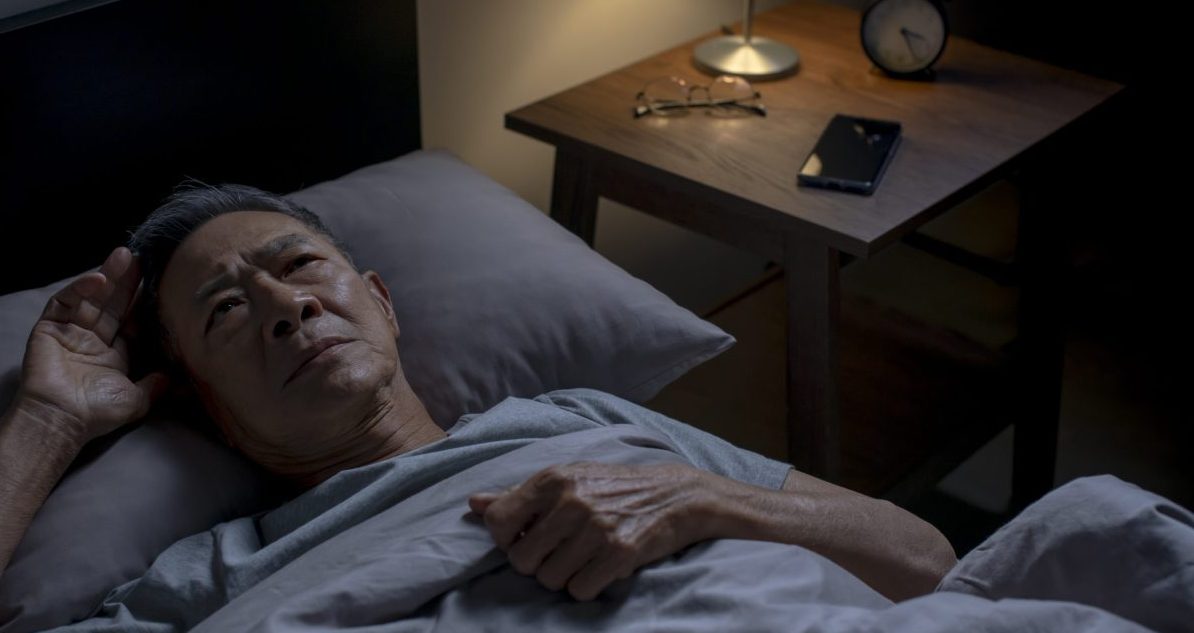
Your will to socialise will lessen significantly as you enter old age. You may notice a sense of resignation towards the outer world and a desire to create a bubble around yourself and maybe one or two friends. Events become a drag, and friendship groups lose their appeal. You also may want to talk more about the past than the present.
Arthritis appears
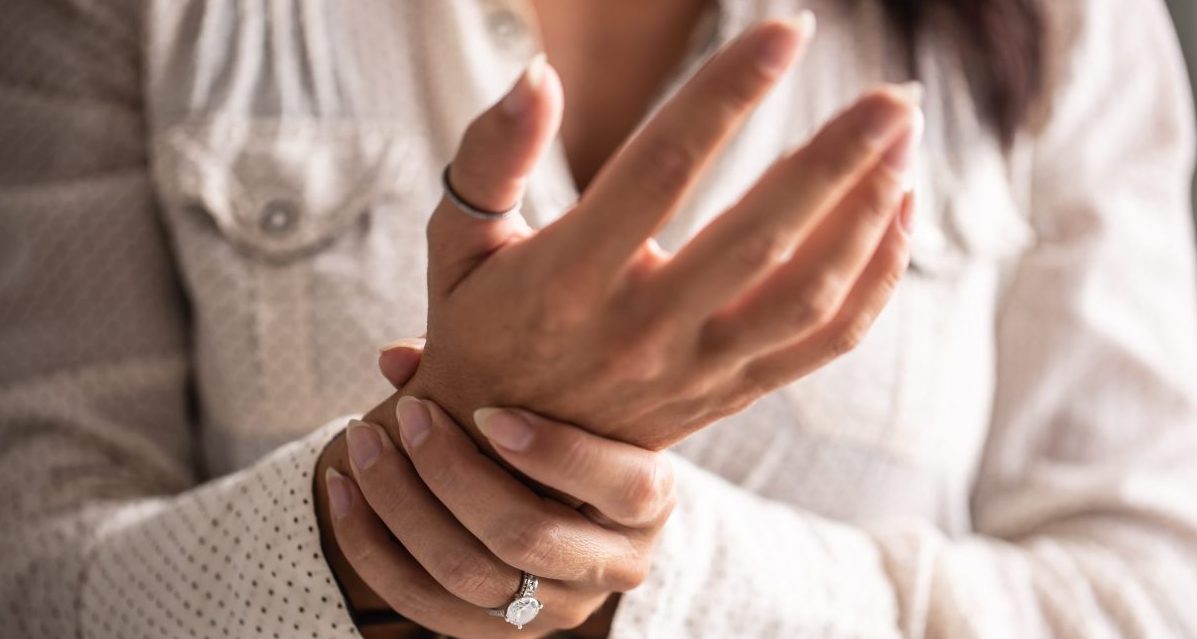
It’s believed that arthritis is the number one condition that people 65 or older contend with. The CDC estimates that it affects 49.7% of all adults over that age and can cause acute pain in certain seniors. While activity may be the last thing you want to do, it’s important to work with your doctor and find ways to stay healthy without exerting yourself.
Metabolism slows

A lot of things slow down when you age, including your metabolism. You may have to watch your calorie intake for the first time in your life once you get past 65. You may also have to seek out more fruit and veg, whole grains and lean protein. Diets are never fun, and unfortunately, they become inevitable.
Insomnia

Deep sleep sounds like something that would come naturally to an old person. But in reality, they’re more likely to sleep in lighter phases. They may indeed wake up throughout the night and have trouble going back to sleep. Despite this, it’s vital to maintain a healthy sleeping habit and get 7–8 hours a night.
Diabetes is more common
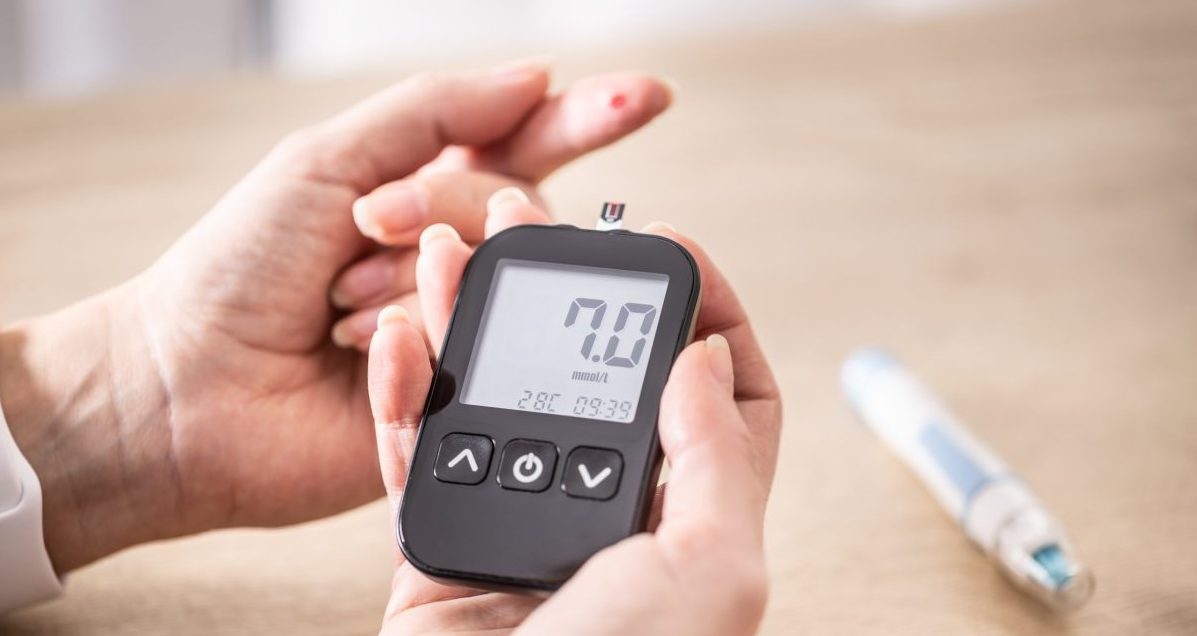
The CDC claims that 25% of people over 65 are living with diabetes, which is considered a huge senior health risk. Diabetes is said to have caused 54,161 deaths among this age group in 2014. The sooner the better, when it comes to a diagnosis. If you notice early symptoms of diabetes, you can alter the effects by changing your lifestyle.
Falls
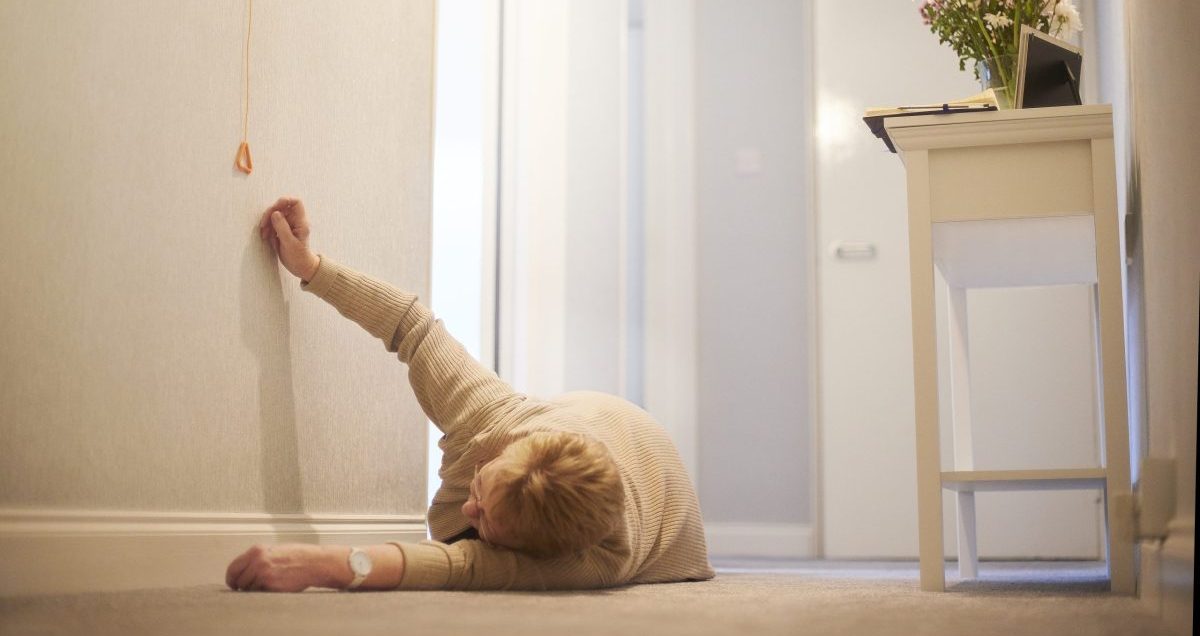
Standing up seems like a piece of cake until you grow old, and suddenly you’re falling over every other day. Ouch. There’s no way around this one, sadly. At some point beyond the age of 65, you will trip up and hurt yourself. And because your bones are now brittle, you may end up breaking something, maybe even a hip.
Weight balloons
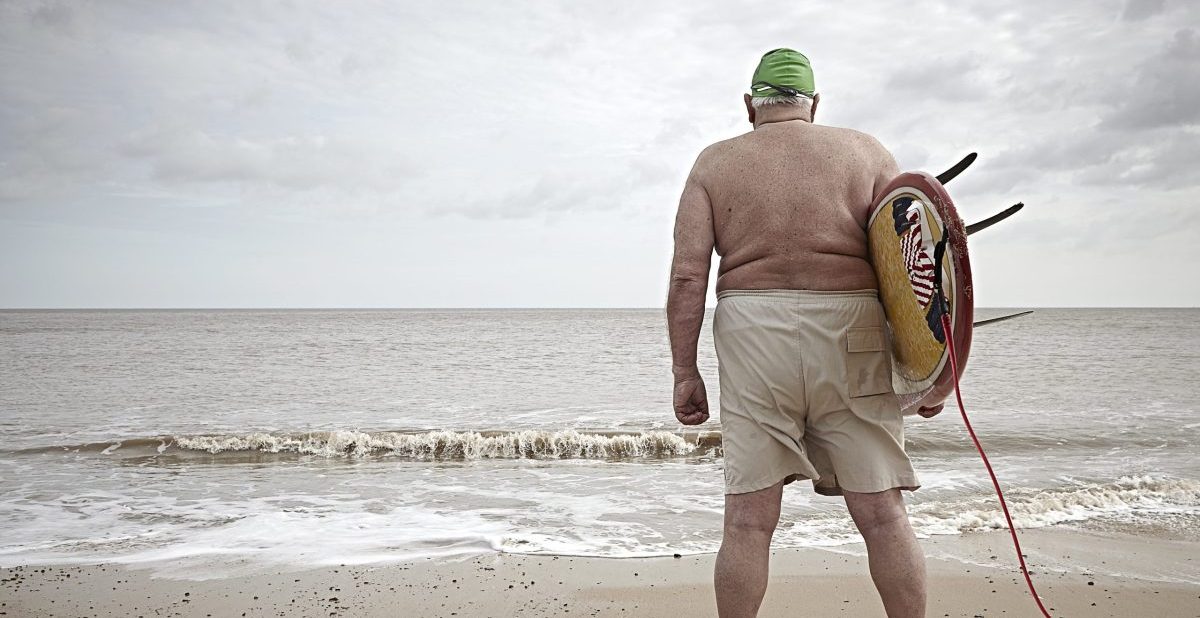
Not working out as much as you did? Taking fewer walks? Barely even standing up throughout the day? It doesn’t matter if your diet stays relatively healthy, you’re going to put on the pounds to some degree. 36.2% of men between the ages of 65 and 74 are obese while a whopping 40.7% of women are obese.
Epileptic fits
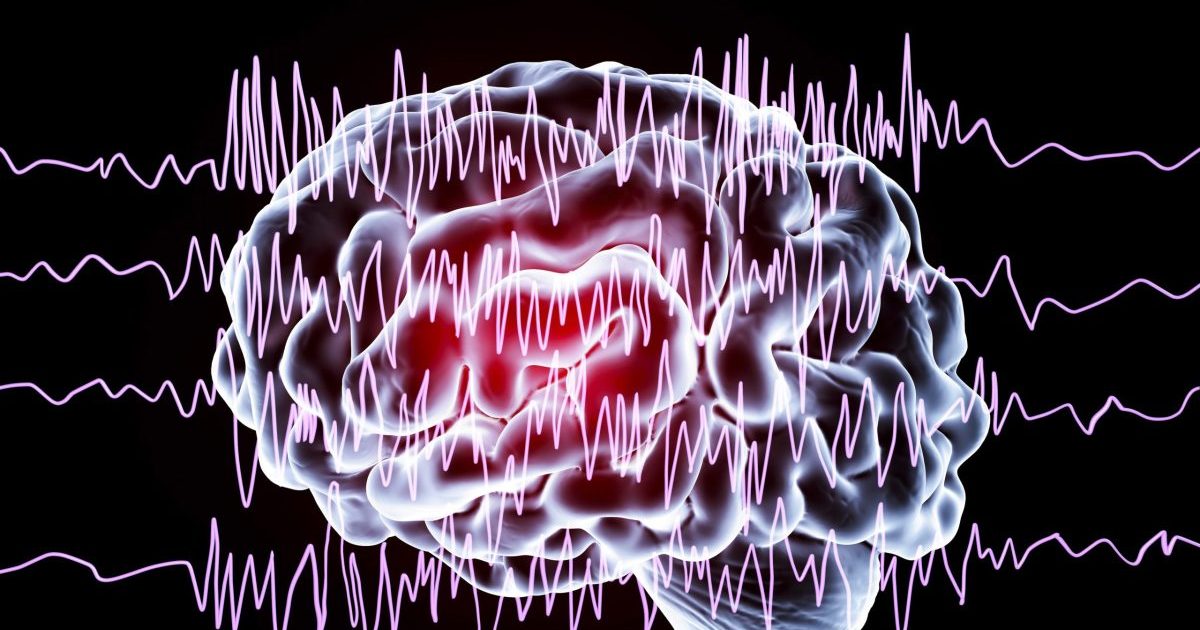
Epilepsy isn’t exclusive to old age, but getting older certainly exacerbates it. Instead of coming on naturally like it doesn’t with children and teenagers, epilepsy in seniors is usually brought on as a side effect of other injuries, such as a head injury from a fall, or a stroke. Always watch your steps, folks.
Deep vein thrombosis
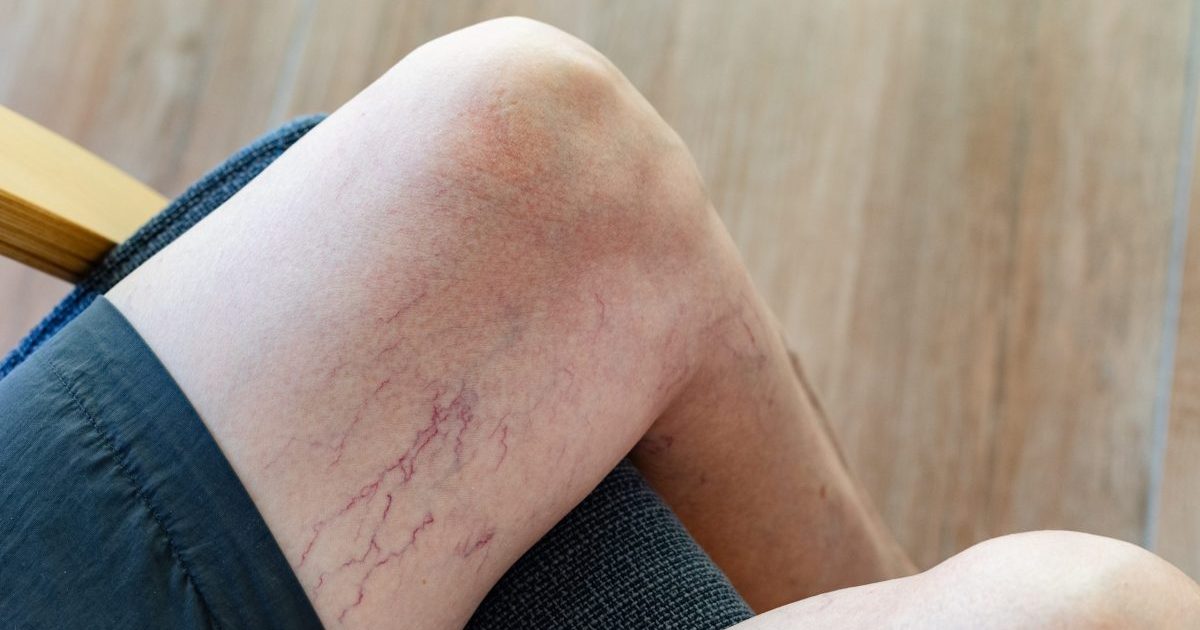
Your chances of developing deep vein thrombosis increase with the ageing process, especially if you suffer from cardiac or respiratory failure, obesity, immobility, recent surgery, cancer treatment and oral contraceptive pills. There’s a lot, basically.
Bronchitis
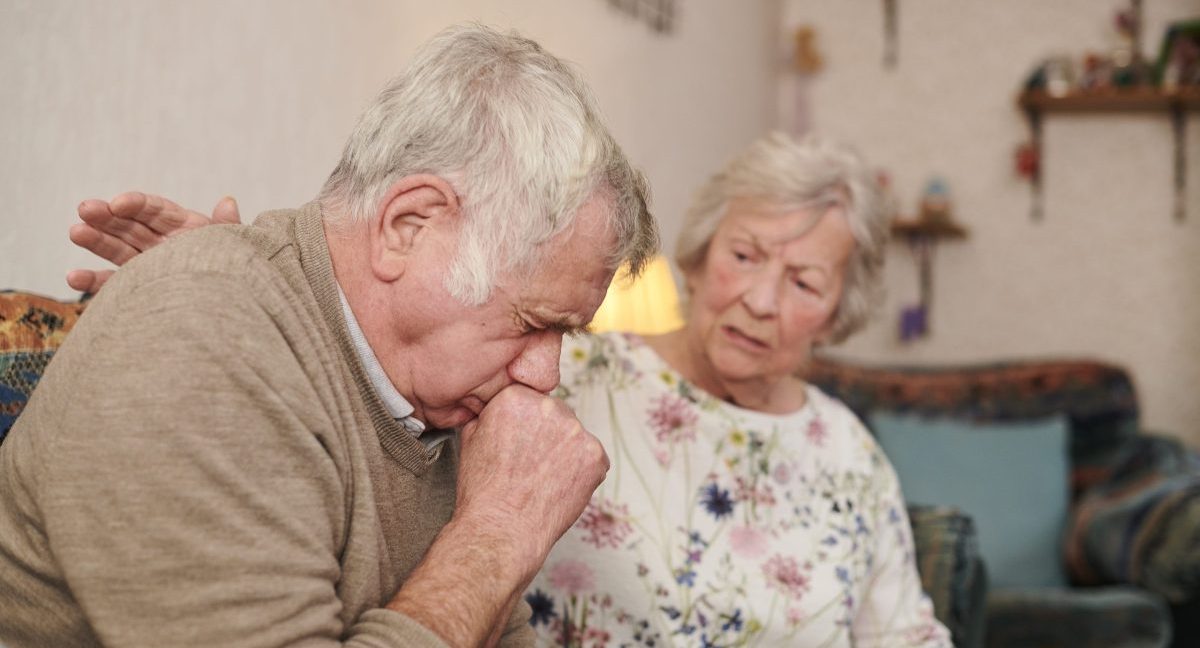
Old patients with bronchitis can have a nasty cough for a few weeks but it usually improves in around 10 days. Acute forms of the condition are usually brought out by being around environmental irritants like smoke and dust. Chronic bronchitis tends to be more serious and commonly caused by smoking.
Asthma
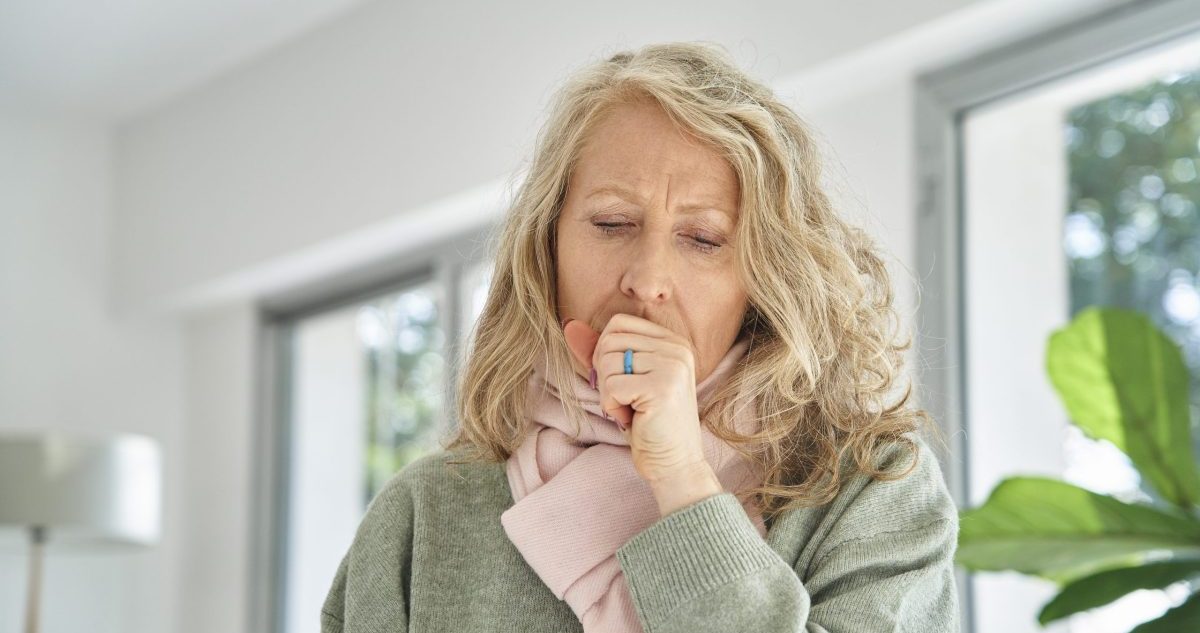
There’s another reason old people use stair lifts beyond having weak joints. Climbing a flight of stairs can prove taxing as you enter old age. At the top, you may suffer from a bout of extreme breathlessness. This could be asthma. Older people have more asthma symptoms and deaths than younger people.
STIs
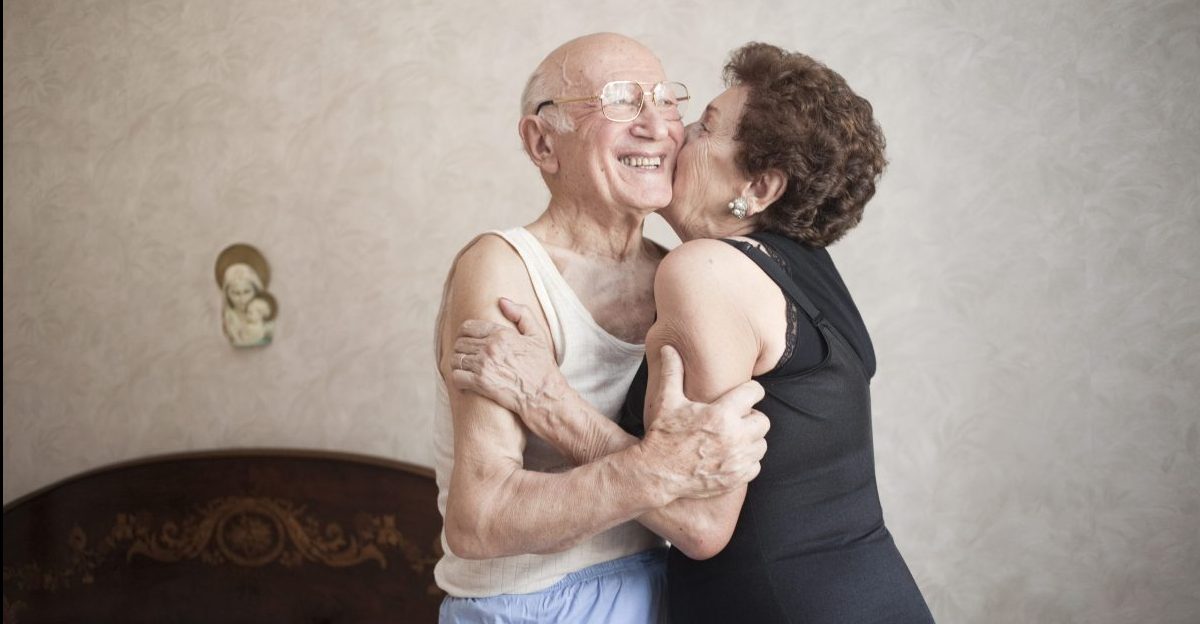
Safe sex doesn’t have an expiration date. In fact, the CDC found in 2013 that 21% of AIDS cases occurred in seniors over the age of 50 and that 37% of the deaths that same year were people over the age of 55. Seniors are unlikely to use protection. Combine that with a weakened immune system and you’re asking for trouble.
Malnutrition
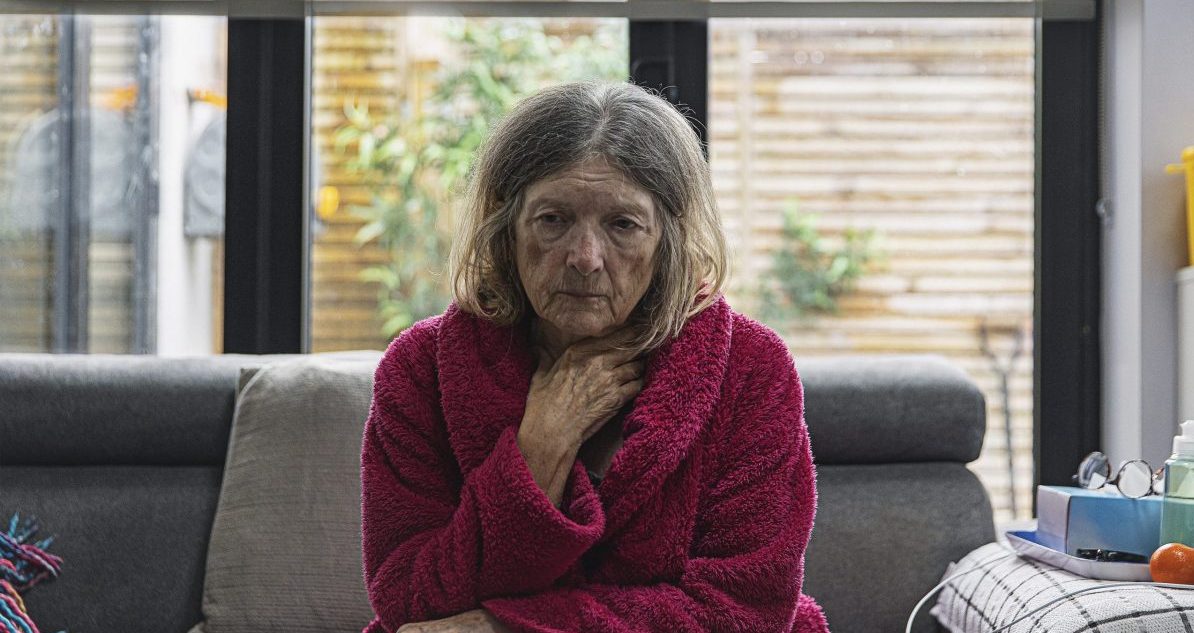
Malnutrition is often underdiagnosed for people in their 60s and 70s. The causes can come from seniors suffering from dementia forgetting to eat, depression, alcoholism, dietary restrictions or poverty. Making sure to have a constant, supportive system of friends or family around you will aid this problem.
Constipation
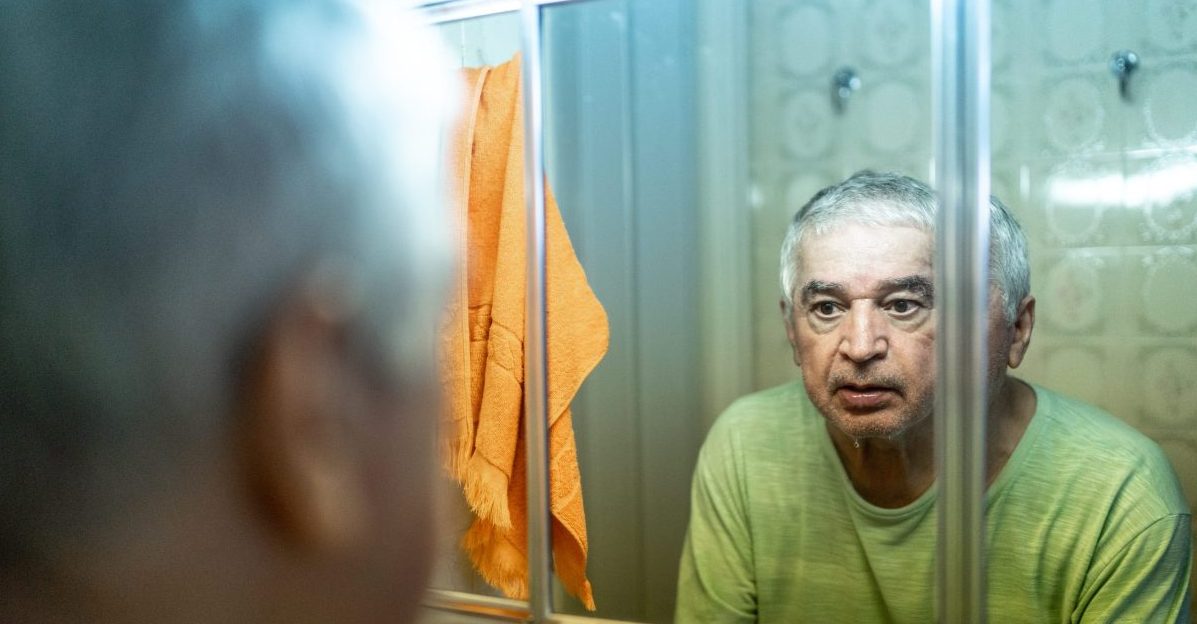
Are you always feeling blocked up? Time is probably catching up with you. Constipation is a common symptom of old age. Try to maintain a healthy, healthier diet and some fitness regime to keep this issue at bay as much as possible. If that fails that are effective medical treatments that doctors can give you.
Bad breath
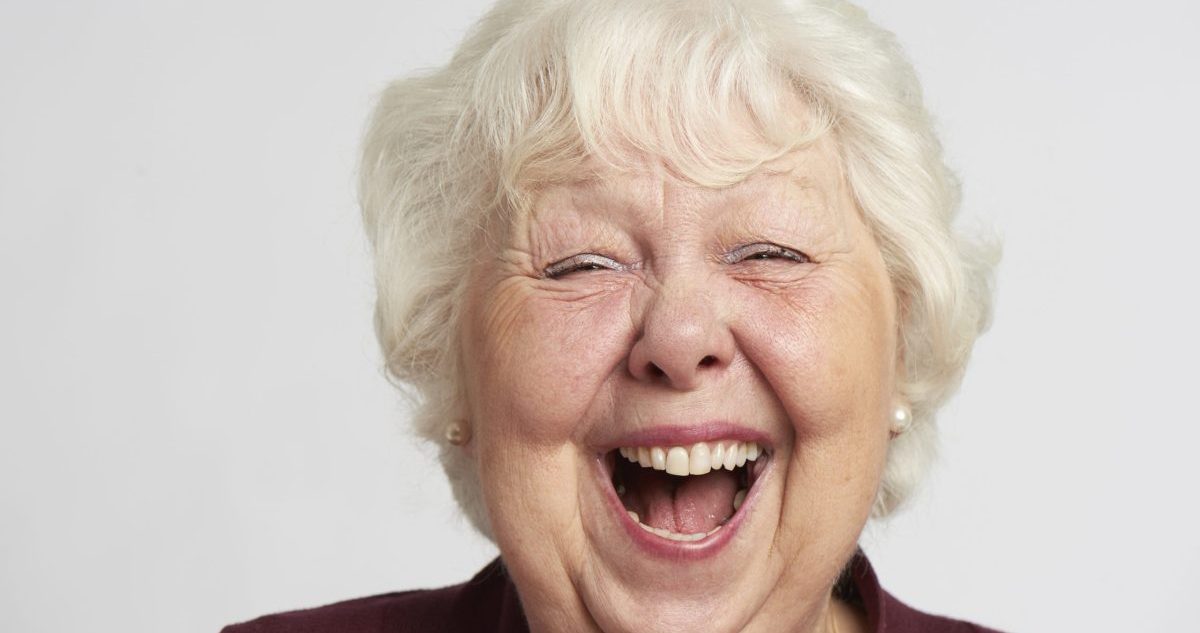
Remember when senior teachers would come and lean over you in class to help you with a problem? How you would brace yourself for the worst? Sadly, old people do have a reputation for bad breath. People in their 70s may find it difficult to maintain proper oral hygiene as the years roll by, causing some of the stinkiest breath you can imagine.
Dizziness
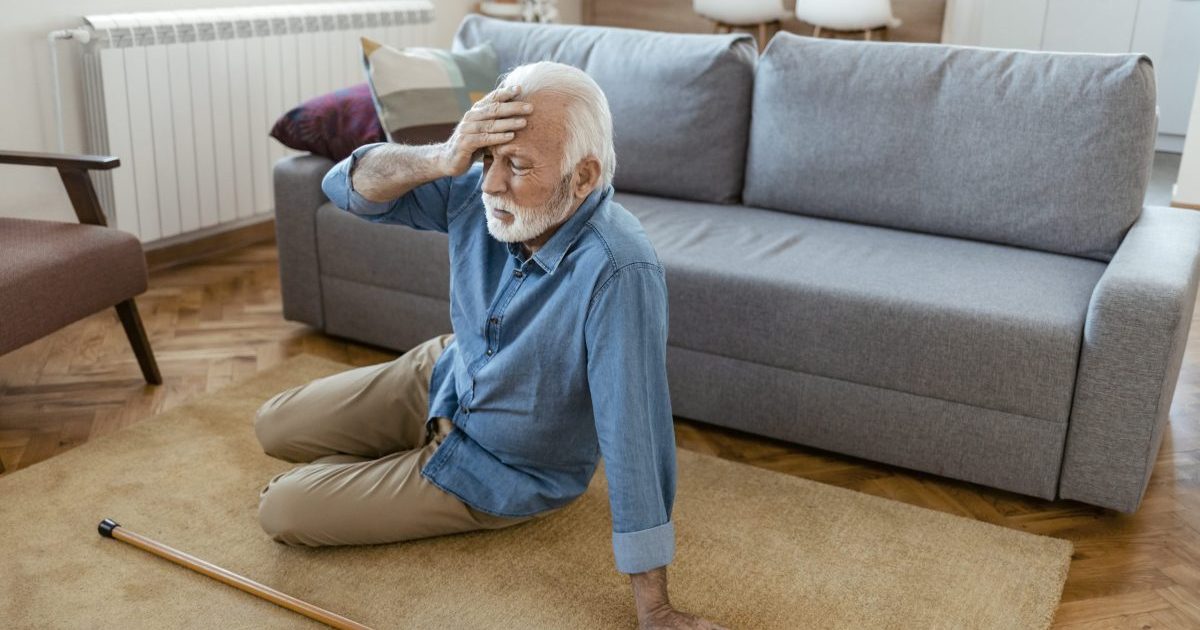
Dizziness can be caused by many things including spinal degeneration, which makes it more difficult to move your head and neck. This often sends messages to your brain about the position of your head, which can be false, leading to disorientation.
Tremoring
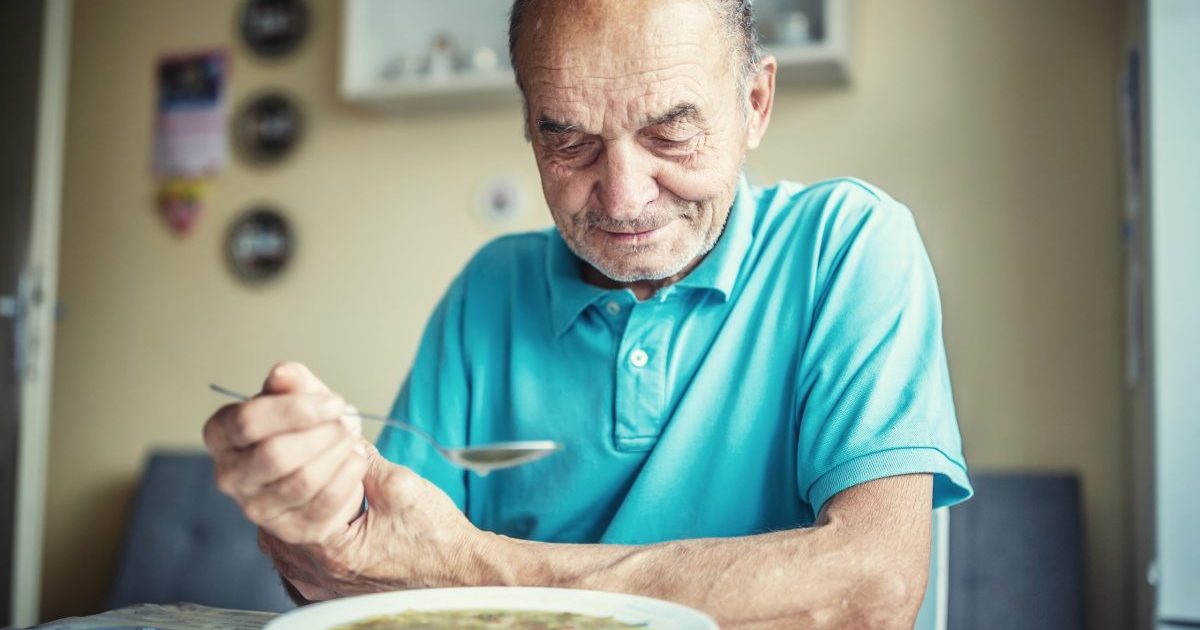
Everyone has a tremor to some degree, but they usually can’t be seen with the naked eye. When the tremors are noticeable, they are classified as essential tremors. This condition is most common in people 60 and up. If you’re planning on playing a board game with a group of oldies, skip Operation.
Cataracts
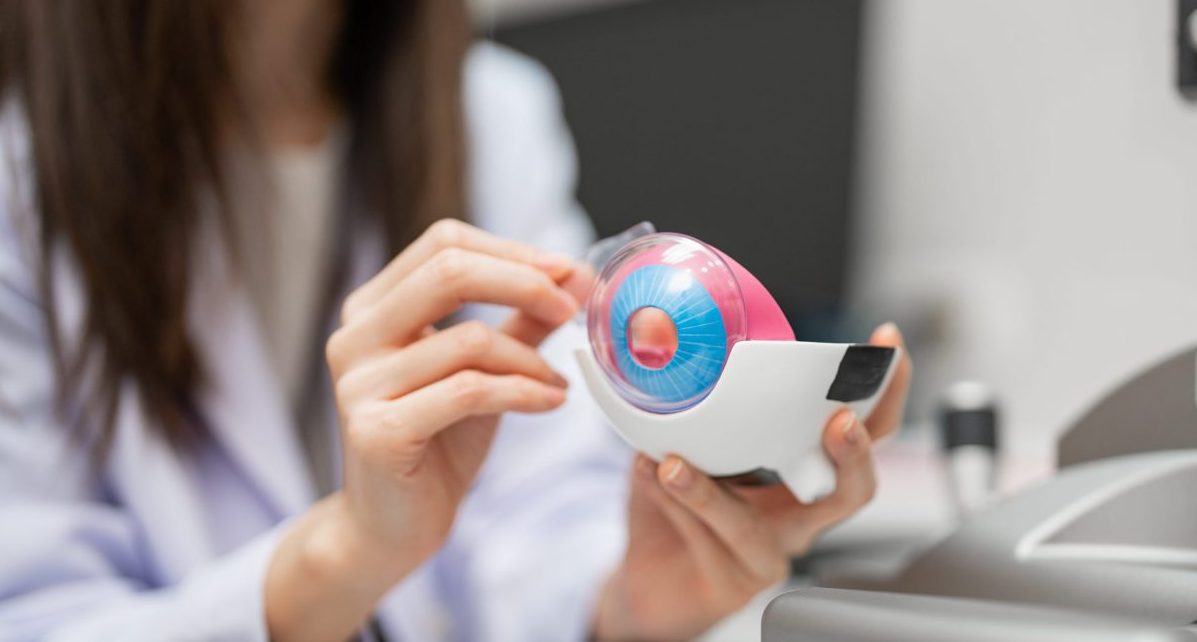
A cataract is a cloudiness in the lens of your eye brought on by exposure to ultraviolet light, smoking, diabetes and old age. The US National Institutes of Health claims half of all people over 80 have some kind of cataract or have undergone cataract surgery. Thankfully, surgery can be completed in under an hour.
Sneezing often
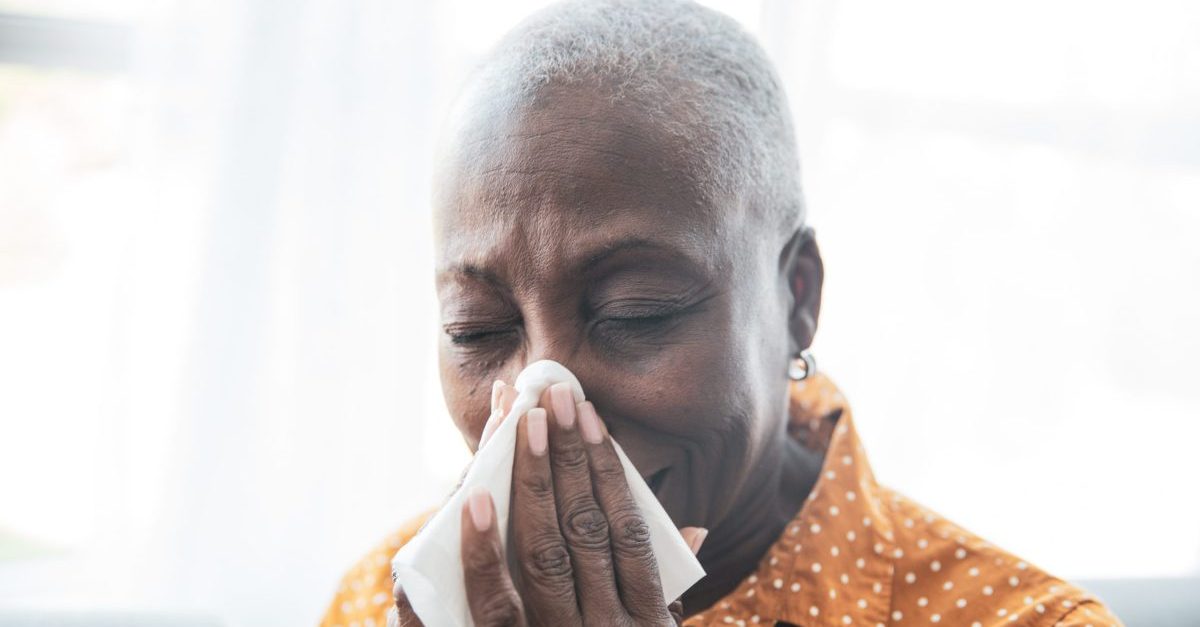
Atchoo! Excessive sneezing isn’t just annoying, it is a genuine condition. The official name is vasomotor rhinitis, which refers to an overstimulation of the blood vessels in the nose causing periodic episodes of sneezing, watery drainage and congestion. This is far more common in old age than in young adulthood.
Bruises
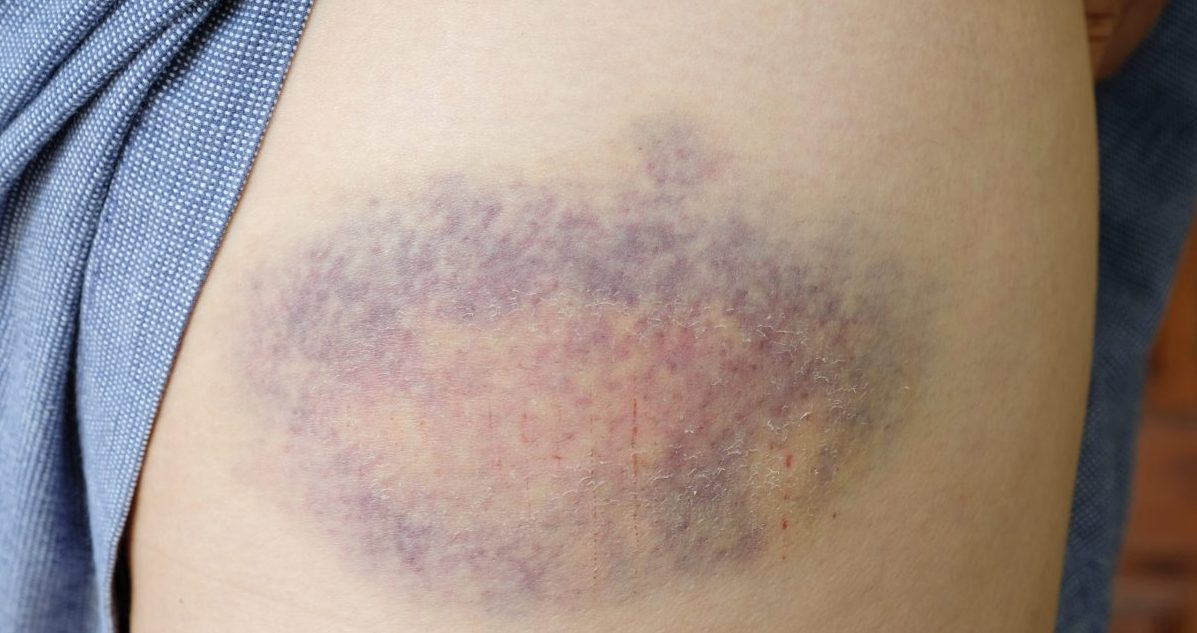
One of the more overlooked signs of ageing is finding yourself bruising more easily. What’s more, the healing process takes a lot longer than it once did. Senior bodies are fragile and even the littlest of blood vessel trauma can cause it to rupture and form a bruise.
Gaining weight around the waist
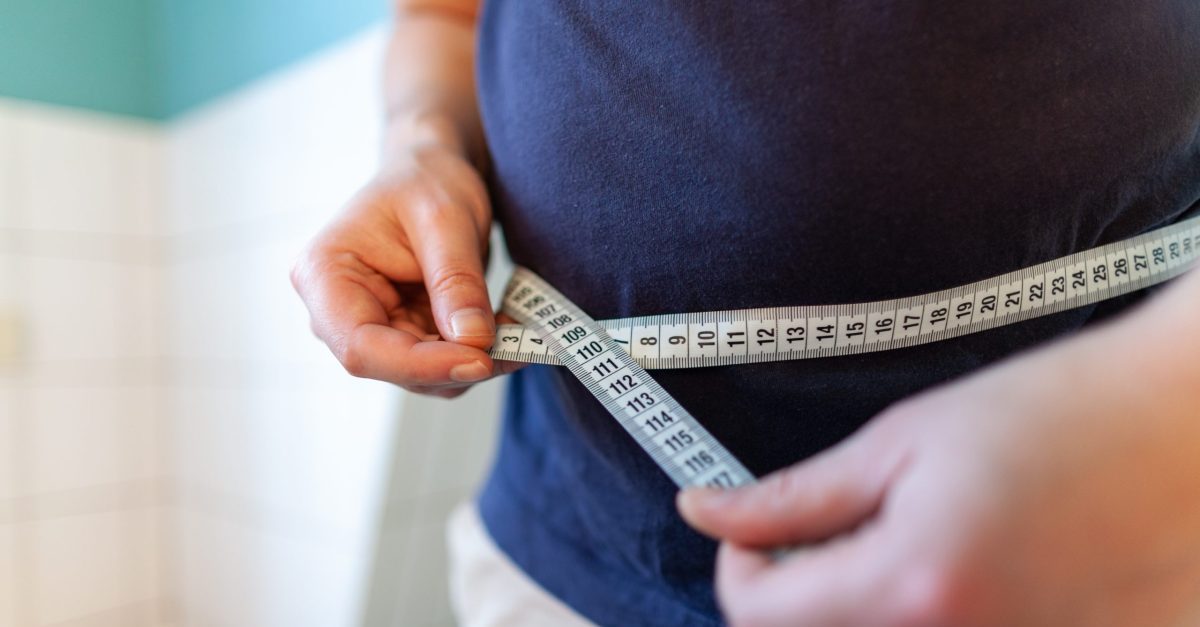
More specifically: gaining weight around the waist while maintaining thin legs. Muscle and bone loss occurs naturally in old age, causing our legs to shrink much thinner, while the fat around our waist continues to grow with each carby meal. You will never see a child with this physique.
Loss of glow
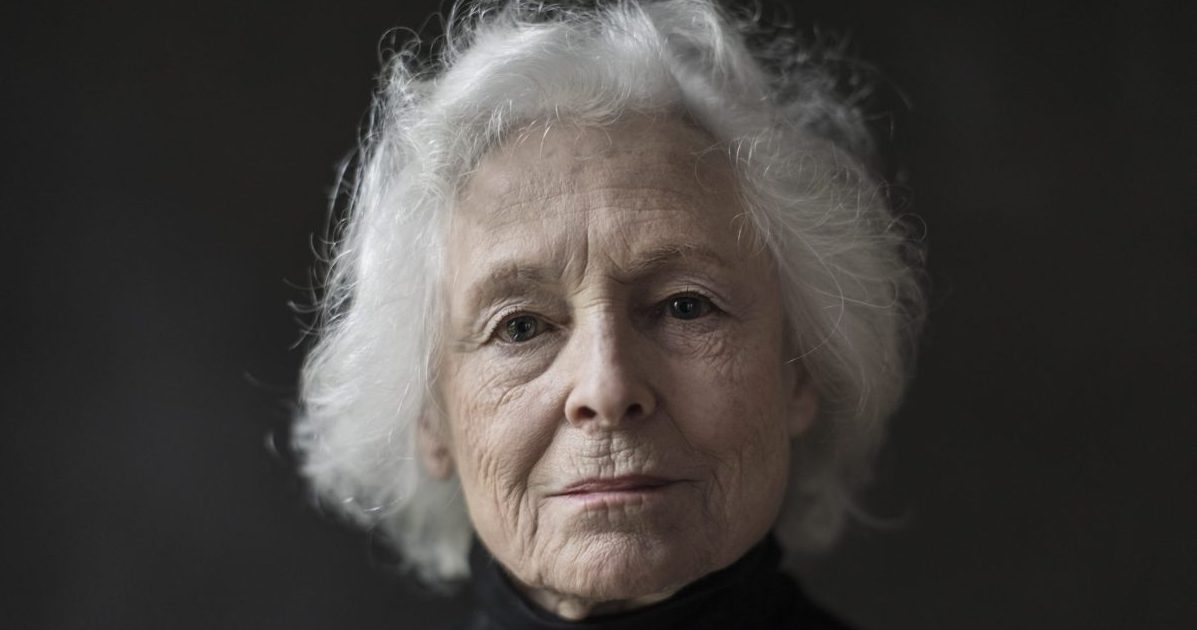
Glow isn’t made up. It’s a real thing. We all have a natural glow when young and healthy. When old and slightly less healthy, we lose it. Luckily, there are some things you can do about this, such as over-the-counter retinol. Vitamin A-based retinoids can normalise cell turnover, for example.
Thin lips
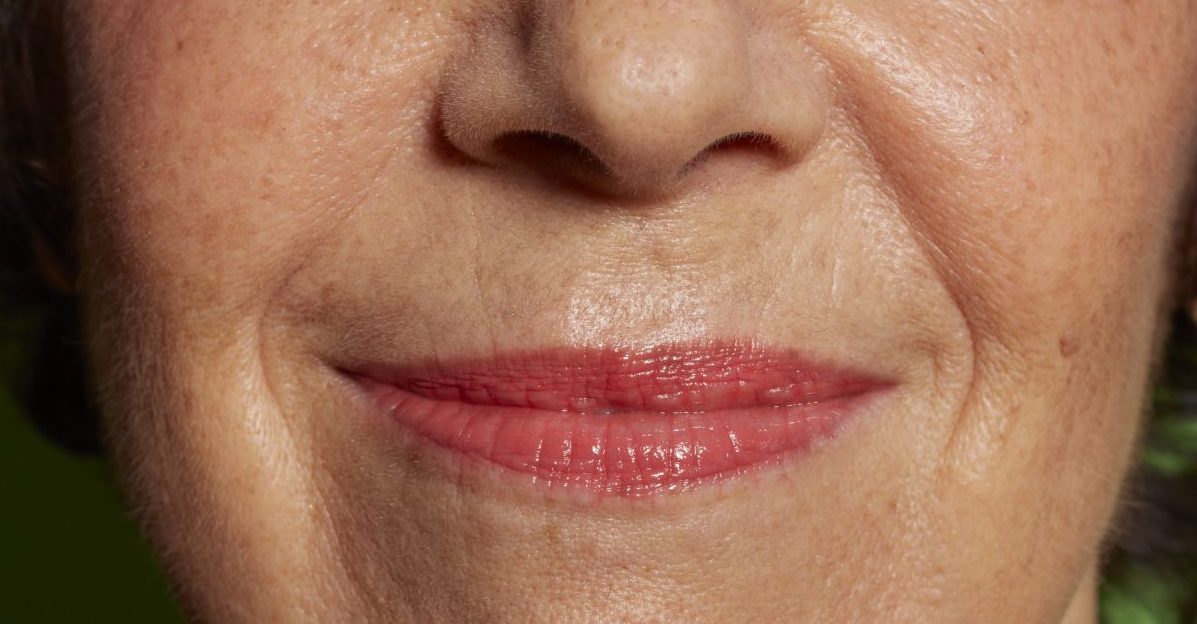
Enjoy it while it lasts, Angelina Jolie. Those puppies aren’t gonna be there forever. That’s right, collagen affects the fullness of your lips, causing them to appear deflated in old age. Even Mick Jagger’s pouty smoulder is a shadow of its former self. Prevention of sun damage is key to avoiding too much shrinkage.
Sensitive to loud noises
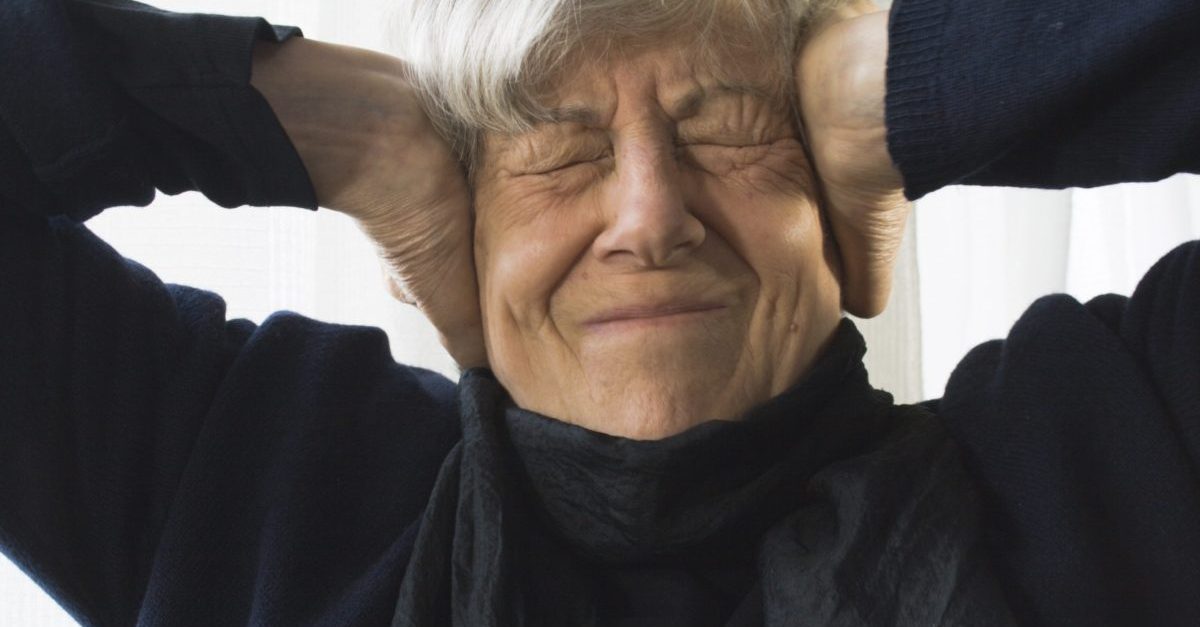
Old people don’t bang the blunt end of a broom on the ceiling for the hell of it. They really can’t handle loud noises. The older we get, the hair cells and nerve fibres in our inner ears deteriorate, making most exposure to loud noises insufferable. Please, turn down the music for your elderly neighbour.
Whistling becomes impossible

Whistling, if you can do it, is one of the things you wouldn’t ever consider a talent that you could lose, but it is. Strangely enough, this simple, stress-free hobby has an expiration date the more your skin elasticates. By the time you’re in your 70s and 80s, whistling may be a thing of the past.
Sunken faces
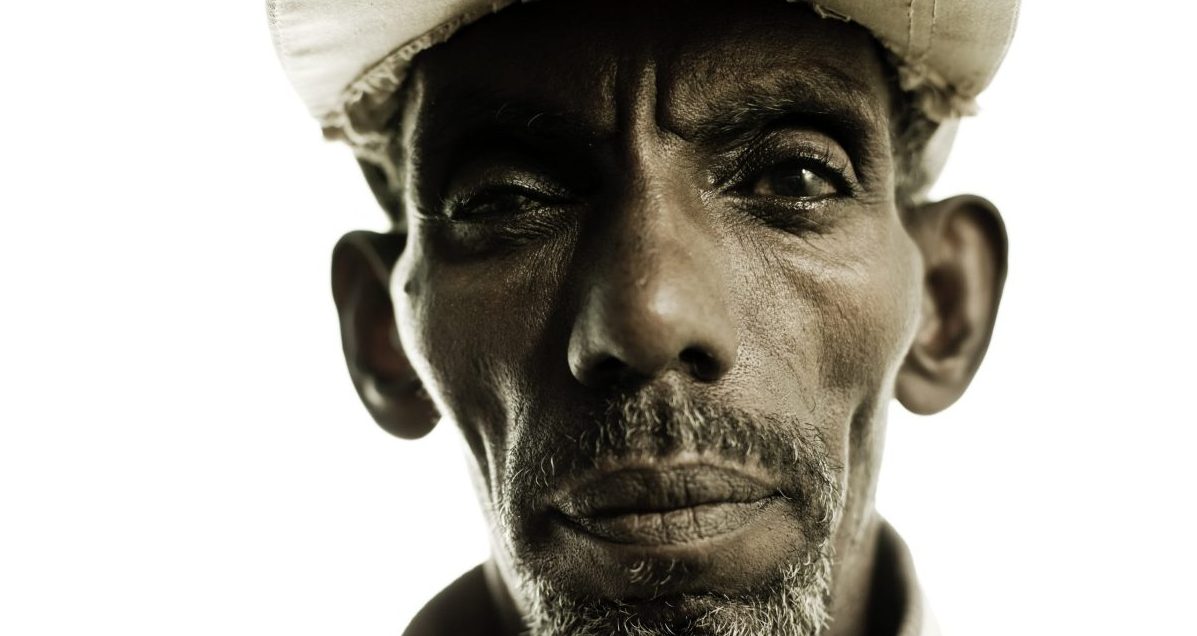
Bone loss doesn’t just occur in your legs and arms but in your face, too. Don’t worry too much if you don’t look snatched right now. Eventually, if you live long enough, those cheekbones will come into their own. Unless you have a healthy lifestyle and weight, then bone loss becomes a lesser risk in old age.